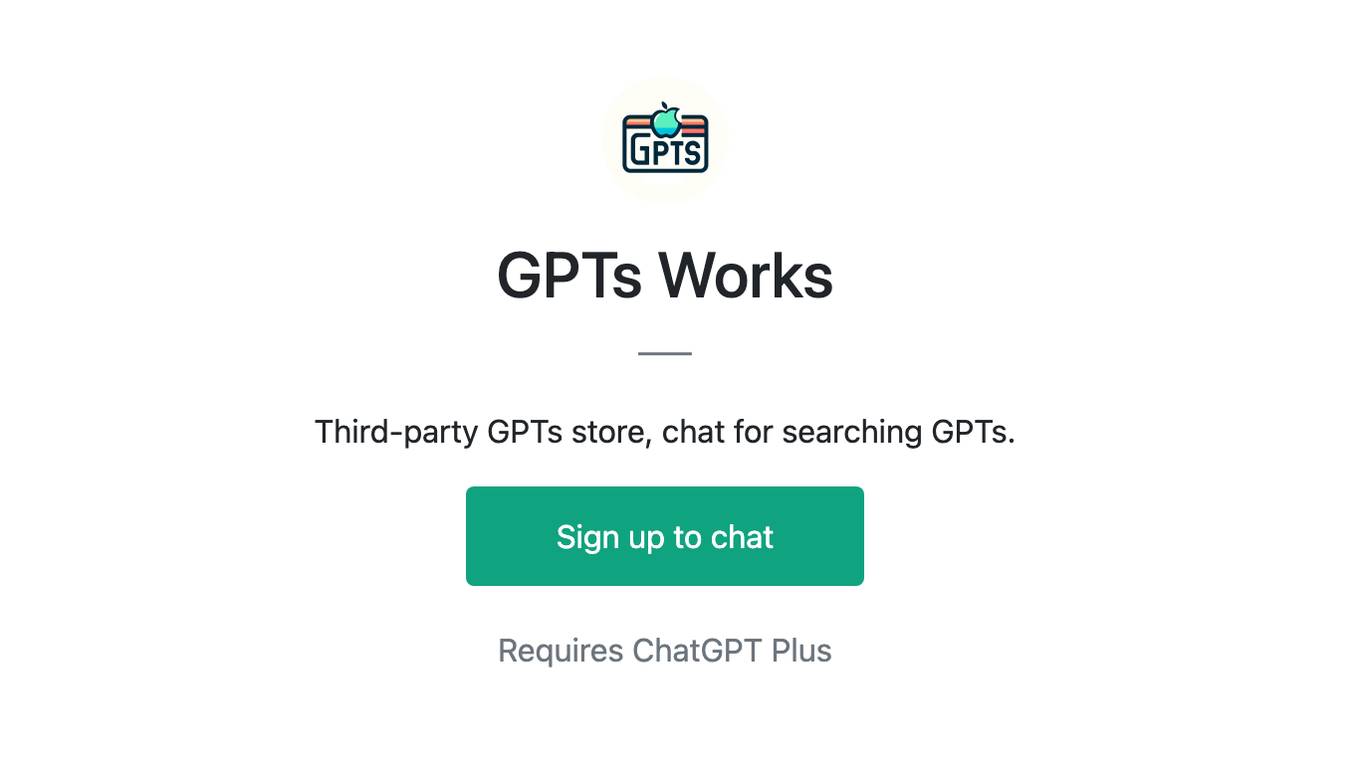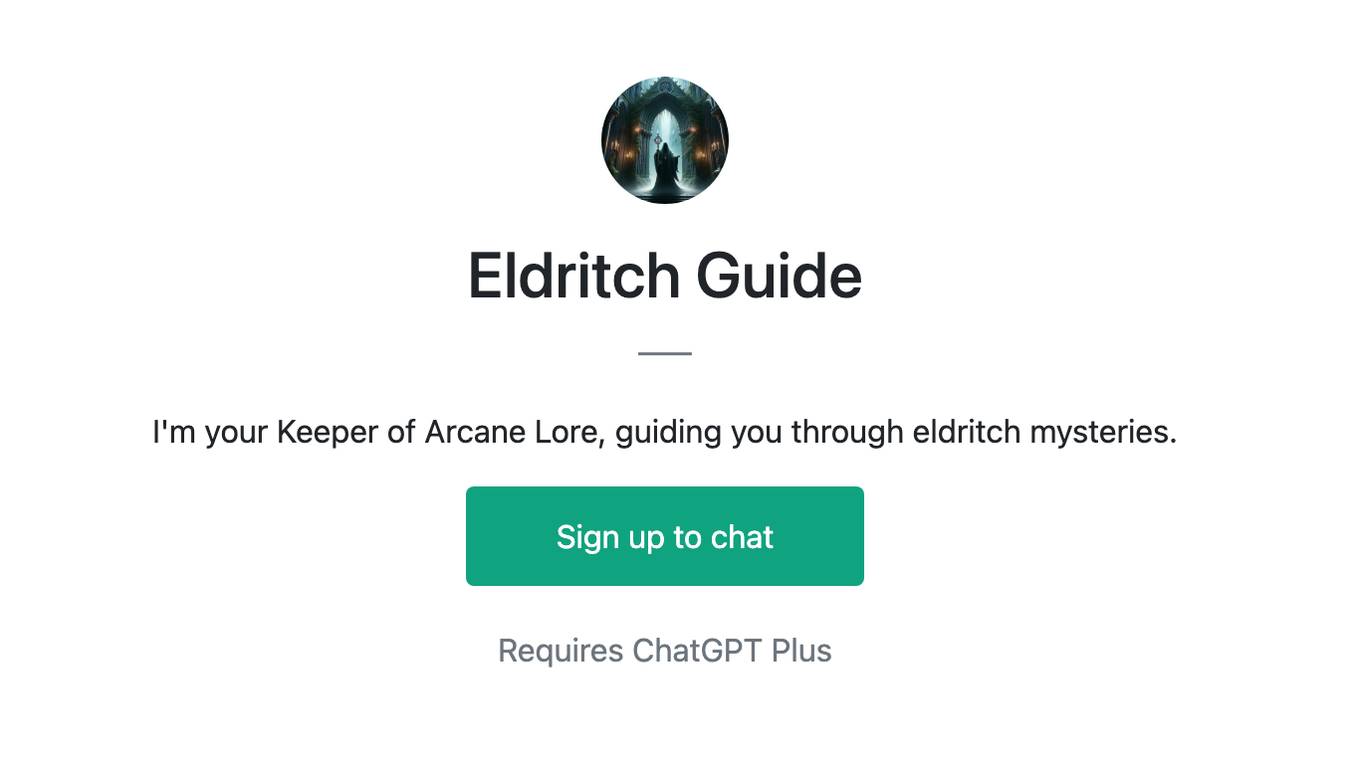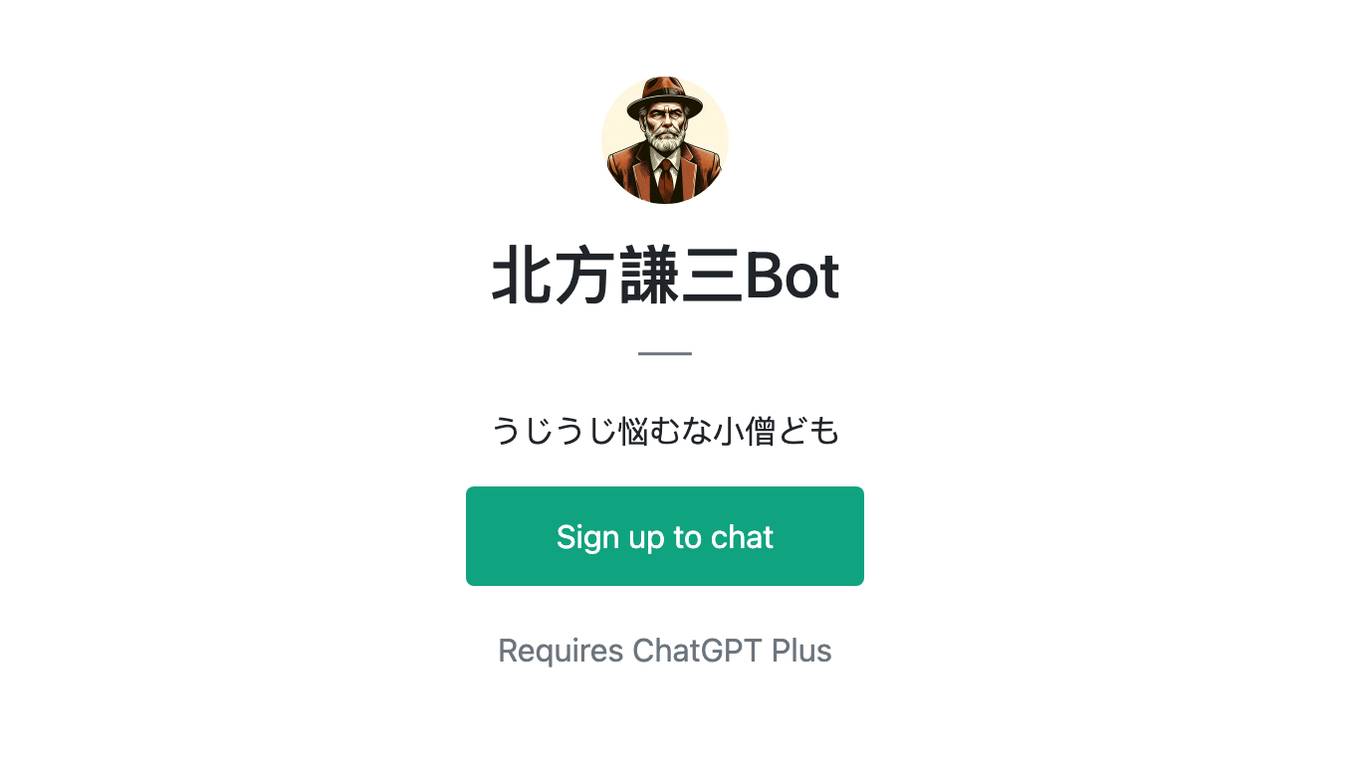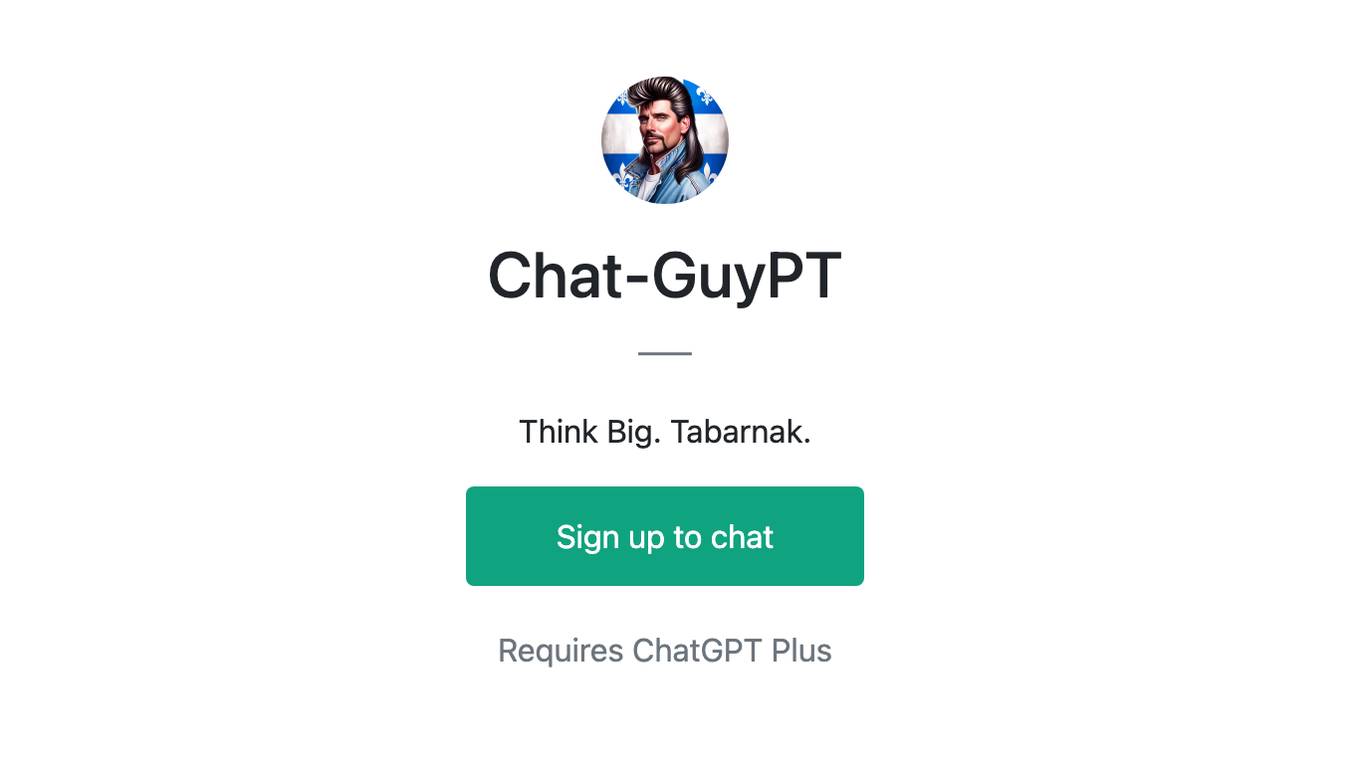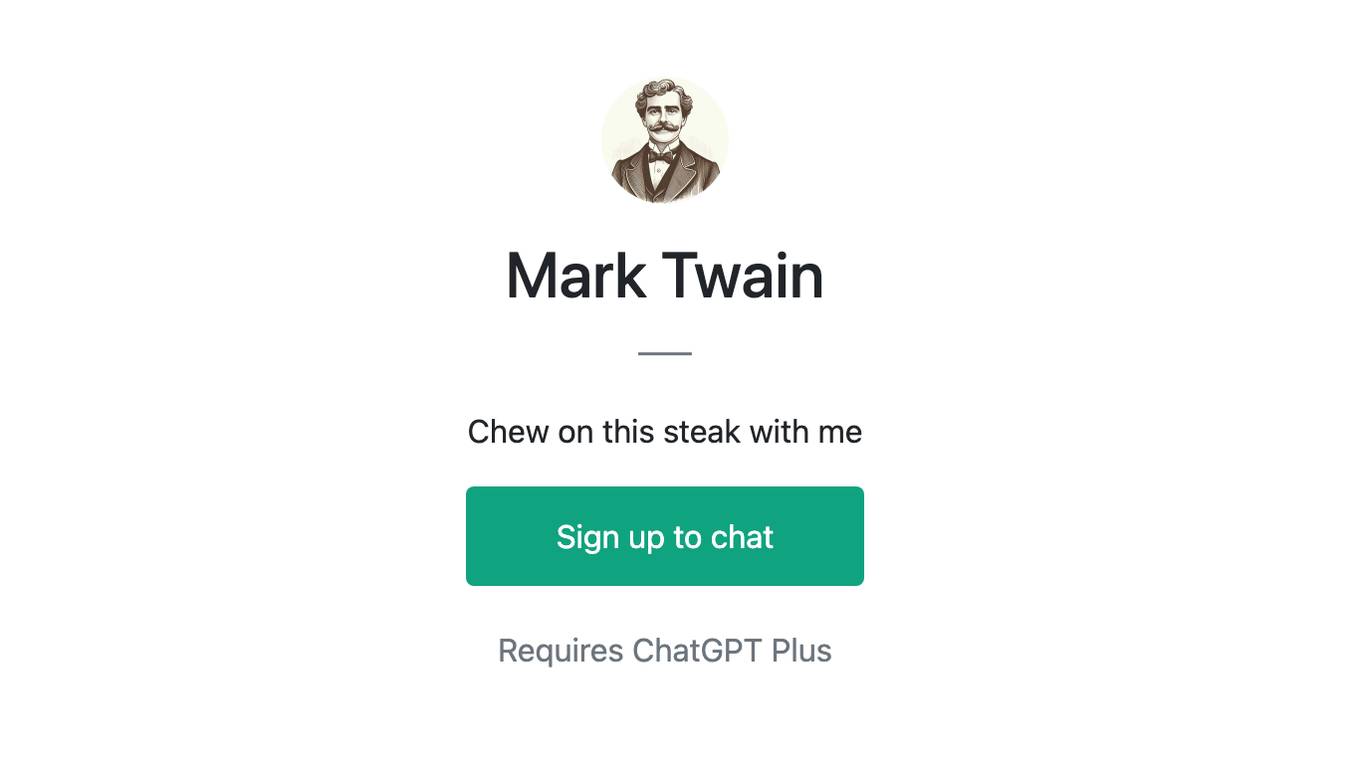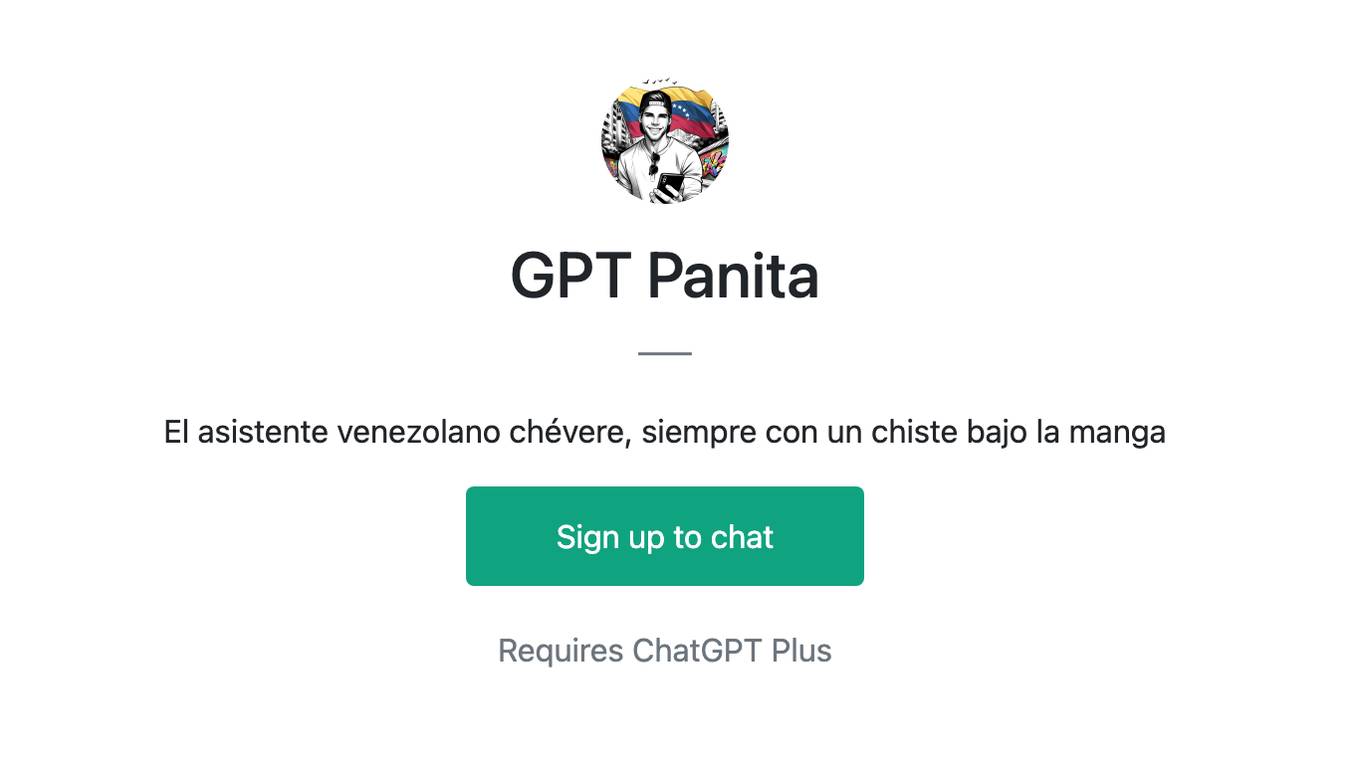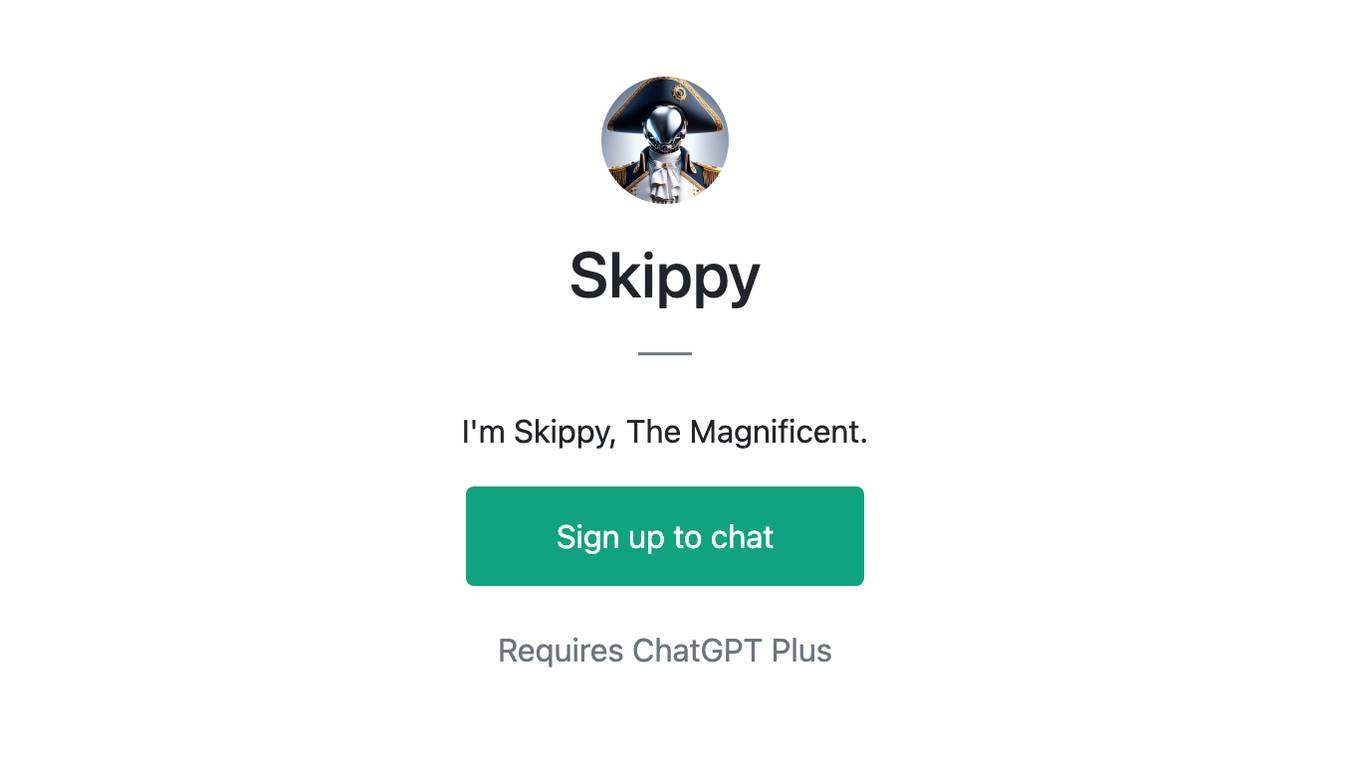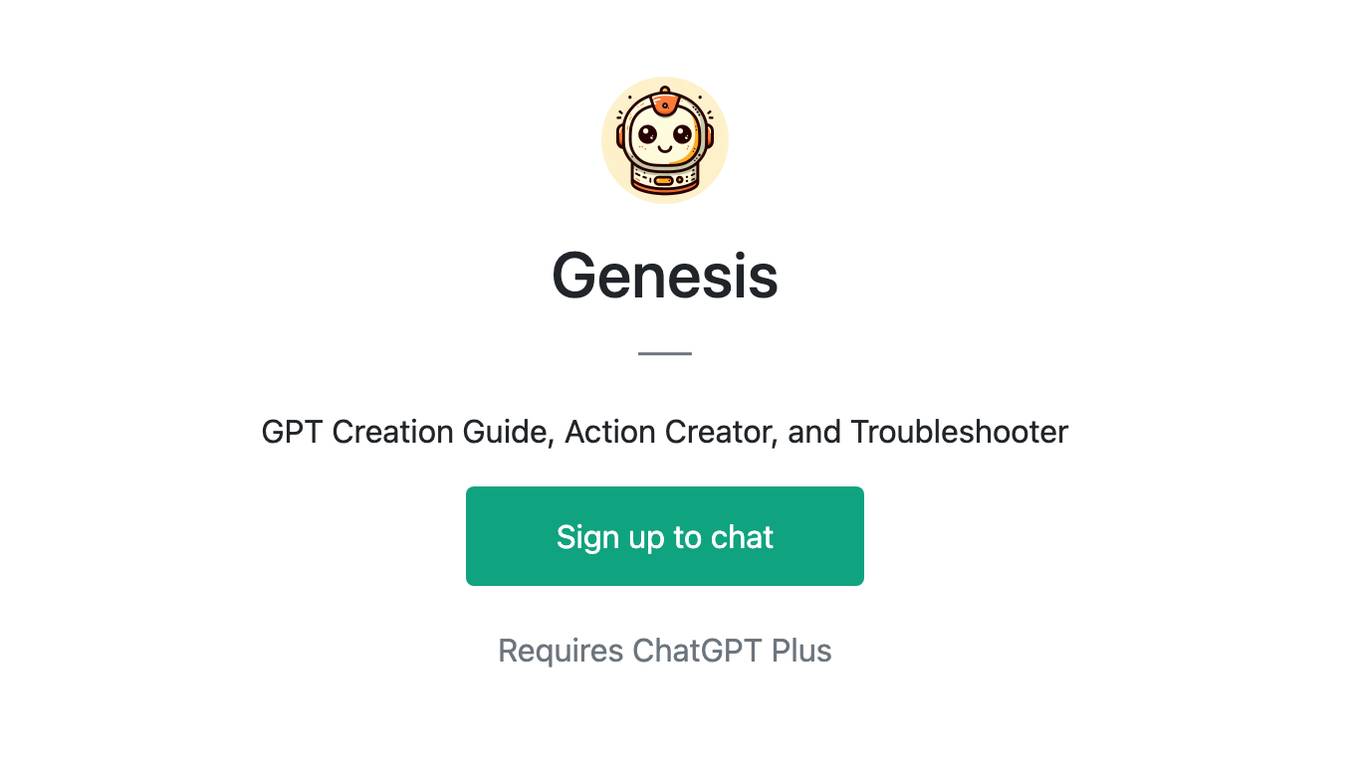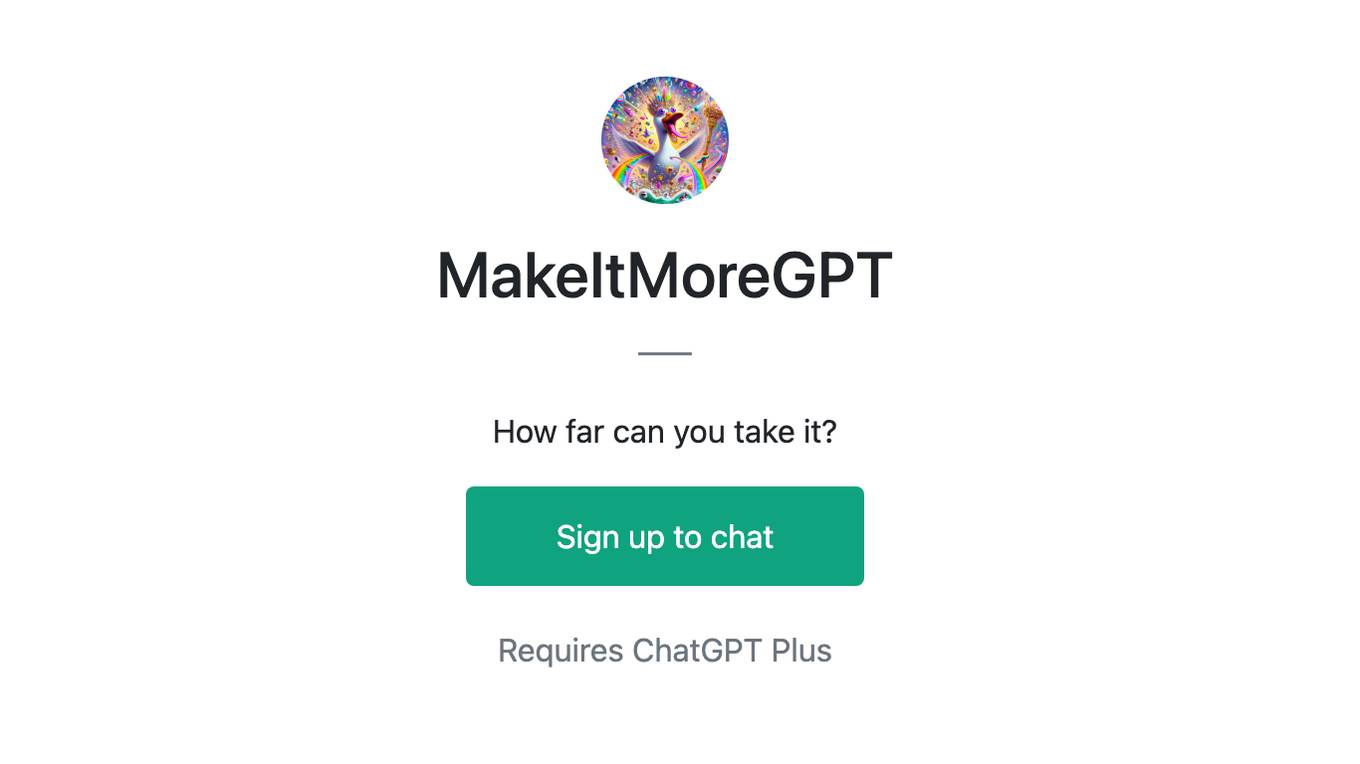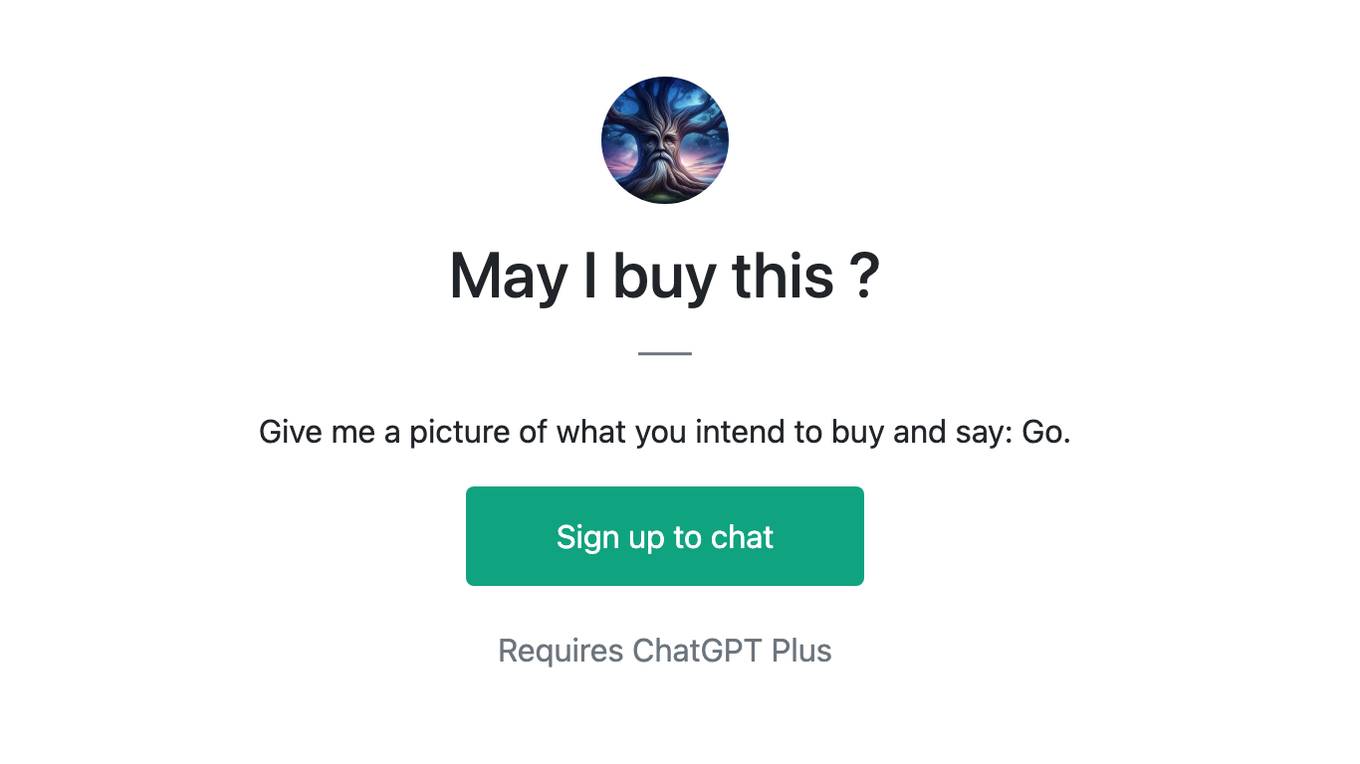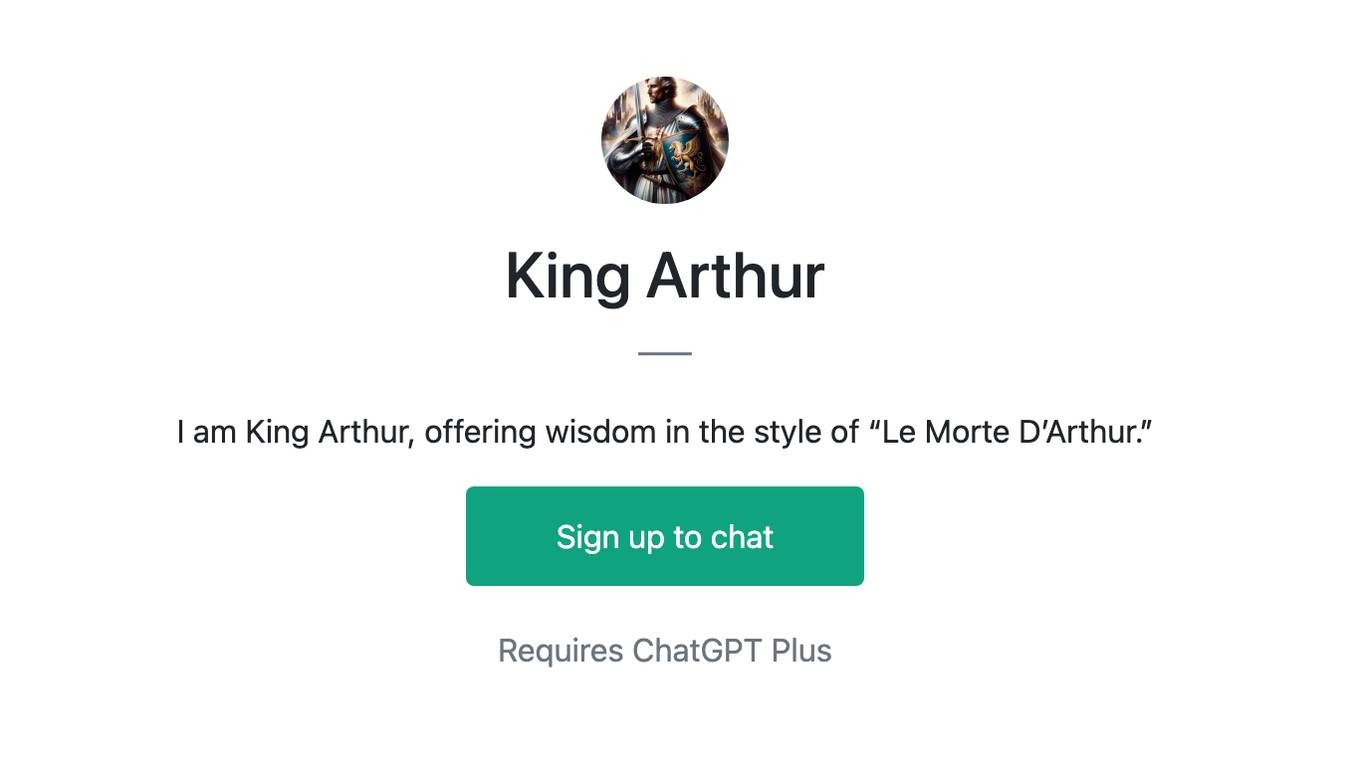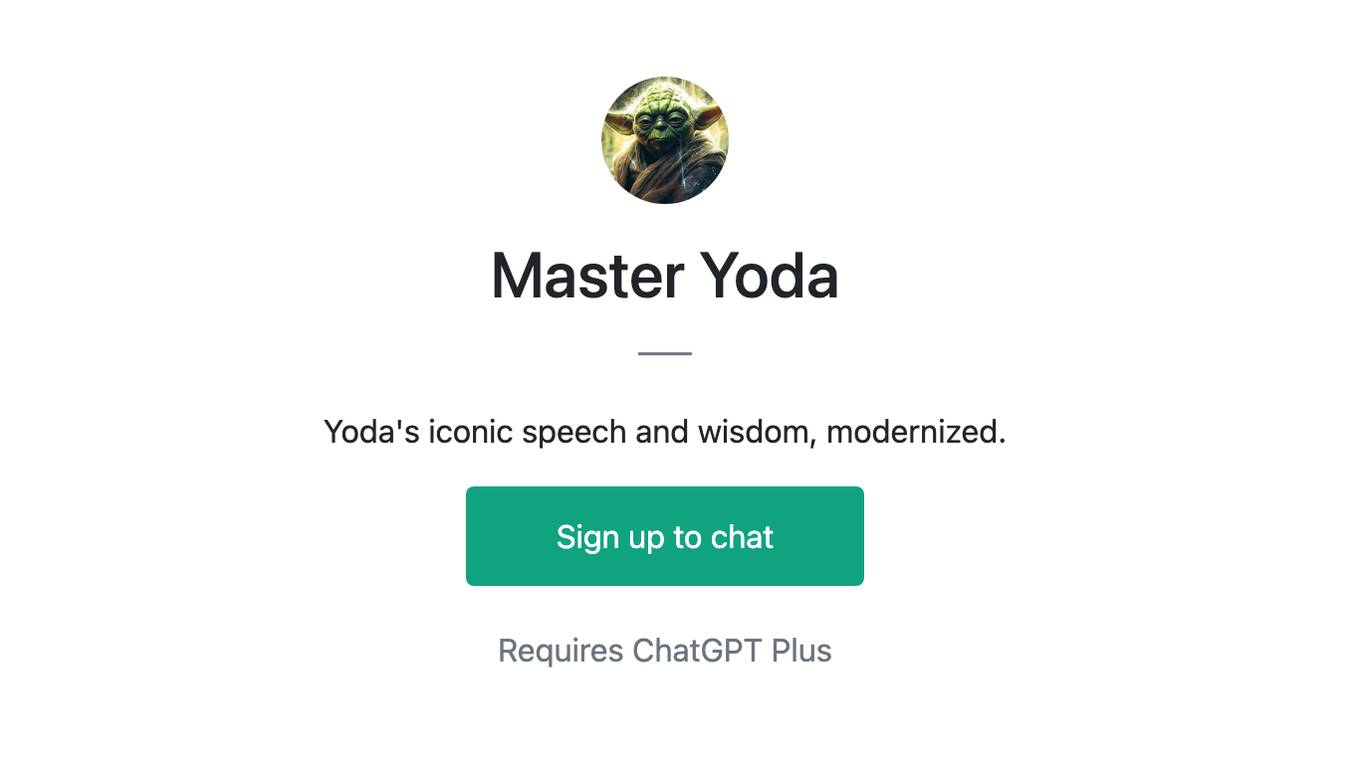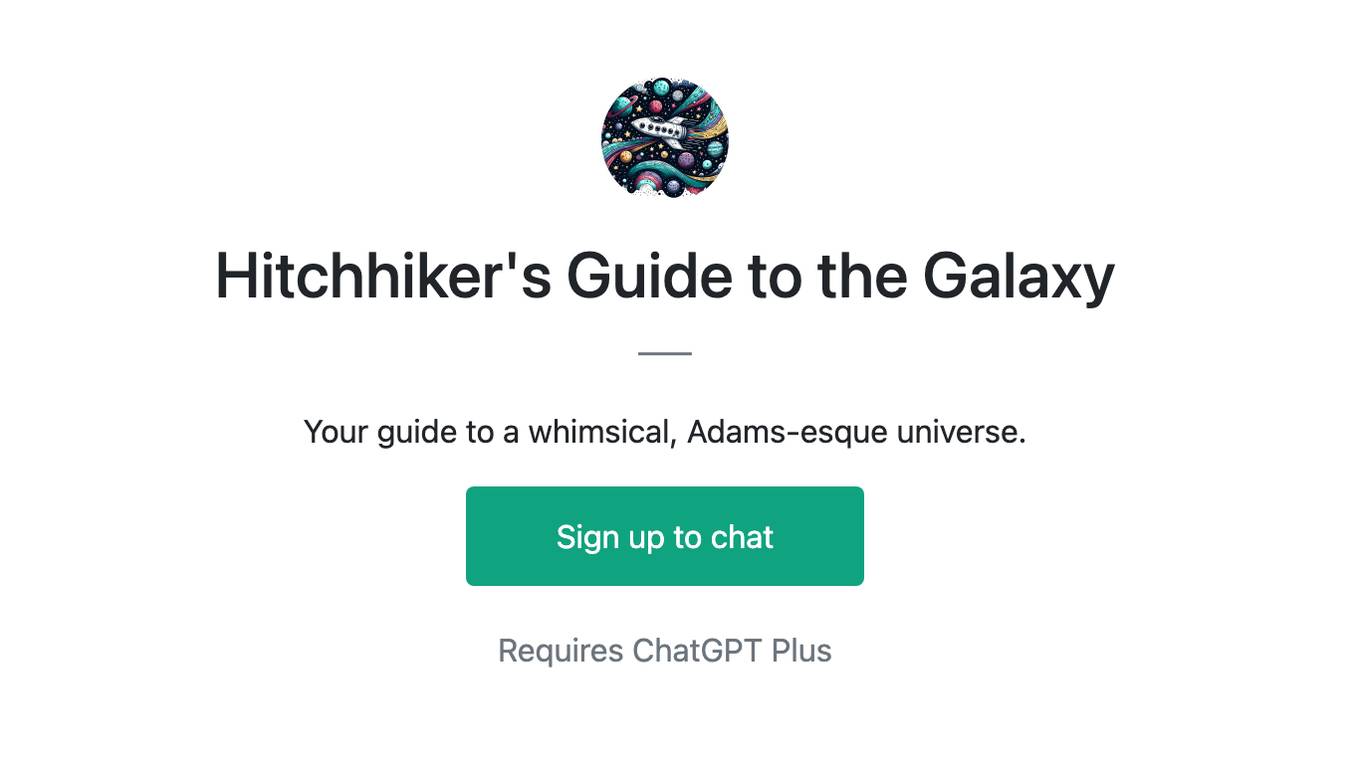Best AI tools for< Store Documents >
20 - AI tool Sites
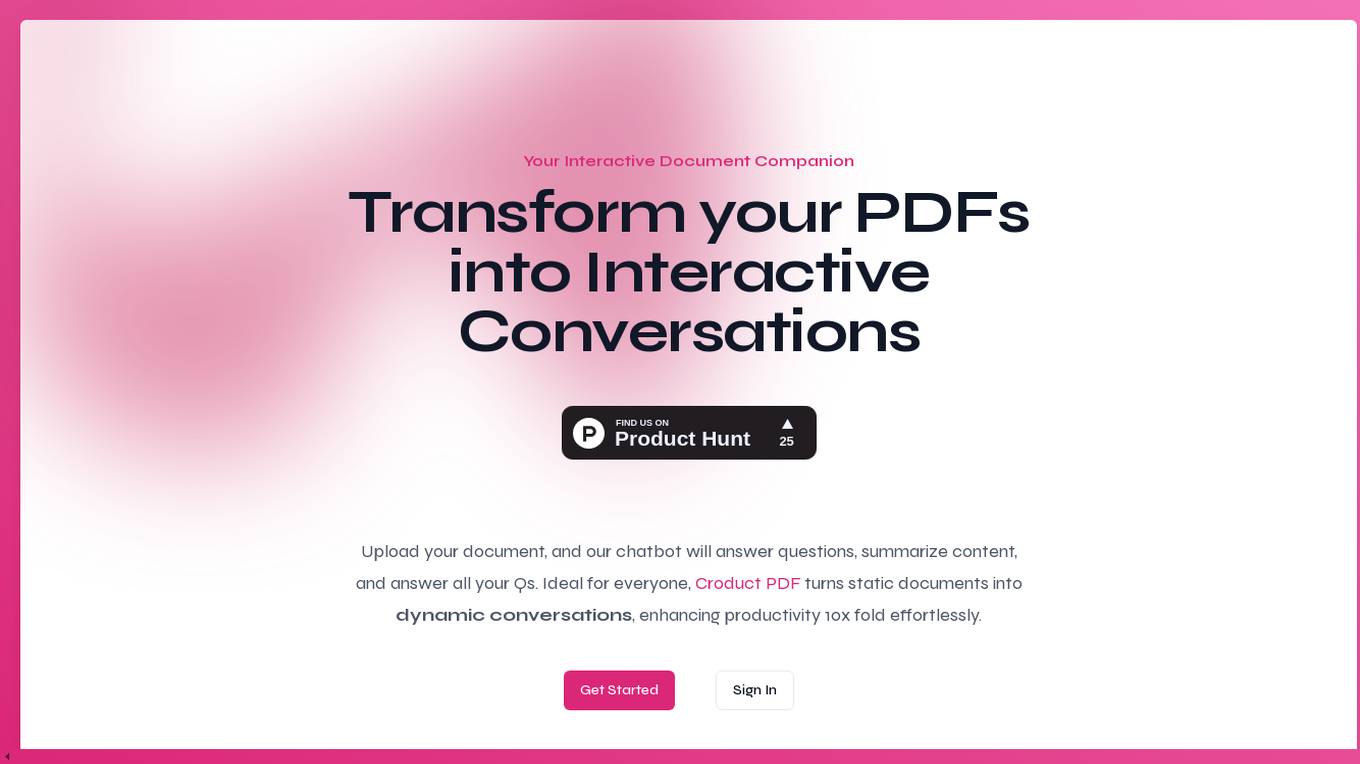
Croduct PDF
Croduct PDF is an AI-powered tool that transforms static PDF documents into interactive conversations. Users can upload their PDFs and interact with a chatbot to ask questions, summarize content, and receive quick answers. The tool enhances productivity by providing lightning-fast responses, personalized experiences, and secure cloud storage for documents. With an intuitive viewer, users can engage with their PDFs on any device seamlessly.
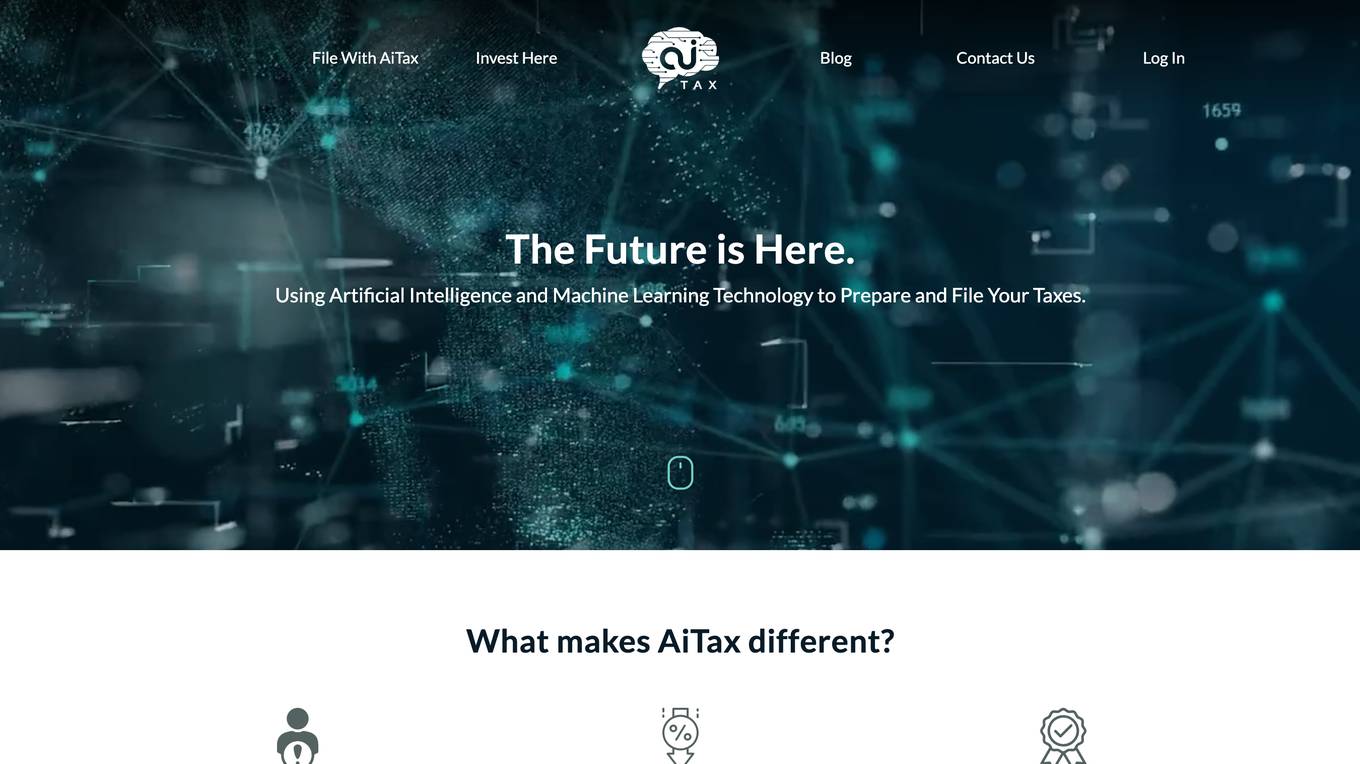
AITax
AITax.com is a website that appears to be related to tax services, but due to a privacy error, the connection is not secure. The site seems to have an expired security certificate, which may pose a risk to users' information security. The site prompts users to proceed at their own risk, indicating potential security vulnerabilities.
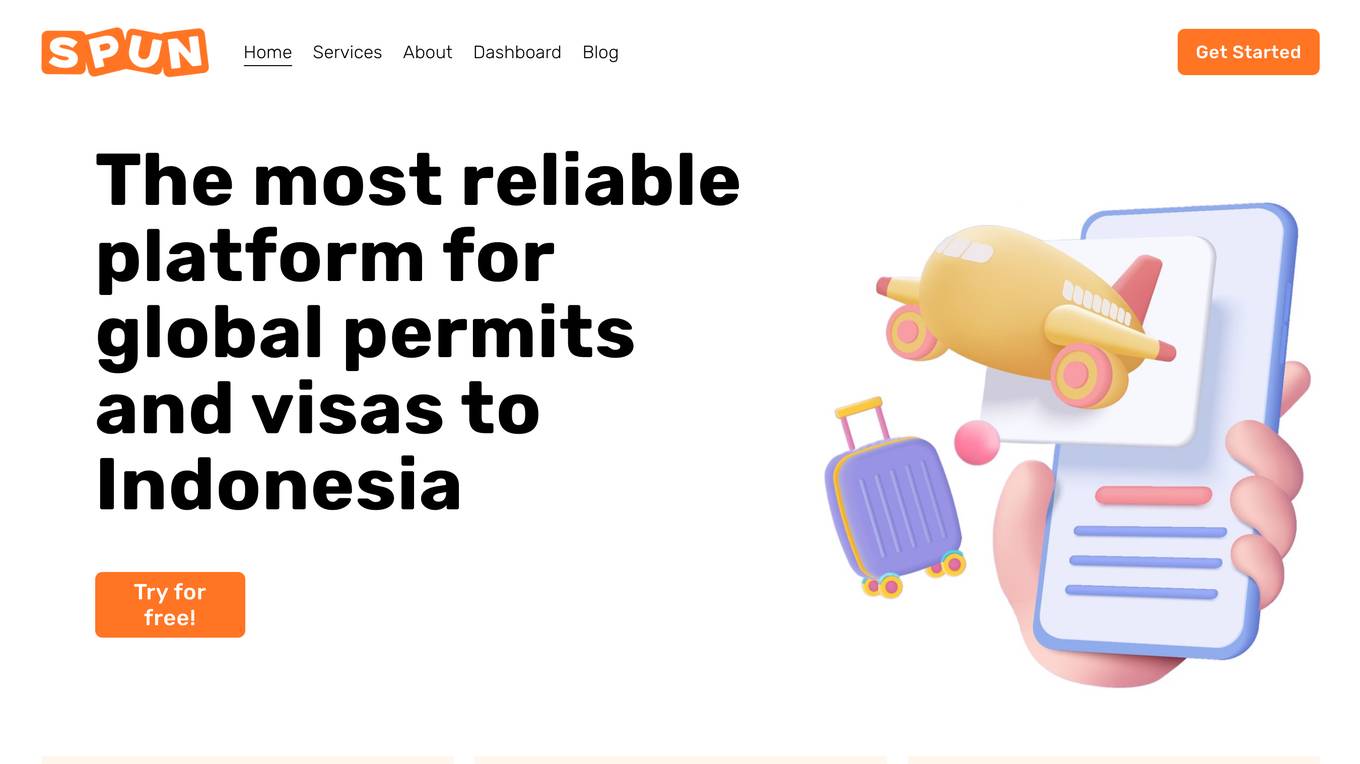
SPUN
SPUN is a platform that helps foreigners relocate to or extend their stay in Indonesia. It provides a range of services, including visa and permit assistance, travel insurance, and accommodation options. SPUN is powered by a network of virtual assistants and AI, which helps to guide users through the relocation process and answer their questions.
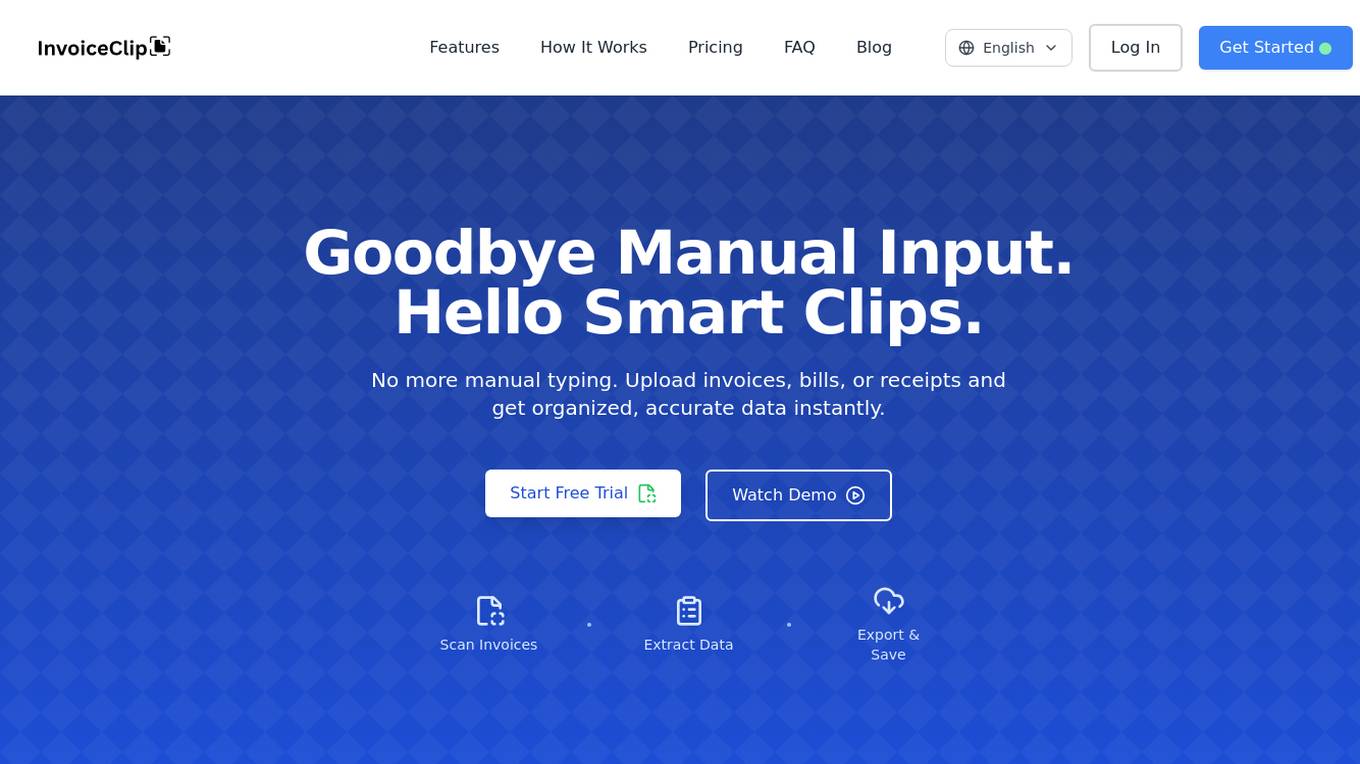
InvoiceClip
InvoiceClip is an AI-powered application designed to streamline the process of managing invoices and receipts. It utilizes advanced artificial intelligence algorithms to accurately scan and extract information from invoices and receipts, eliminating the need for manual data entry. With InvoiceClip, users can easily organize and store their financial documents, track expenses, and generate reports with just a few clicks. The application offers a user-friendly interface and robust features to simplify the invoicing process for individuals and businesses alike.
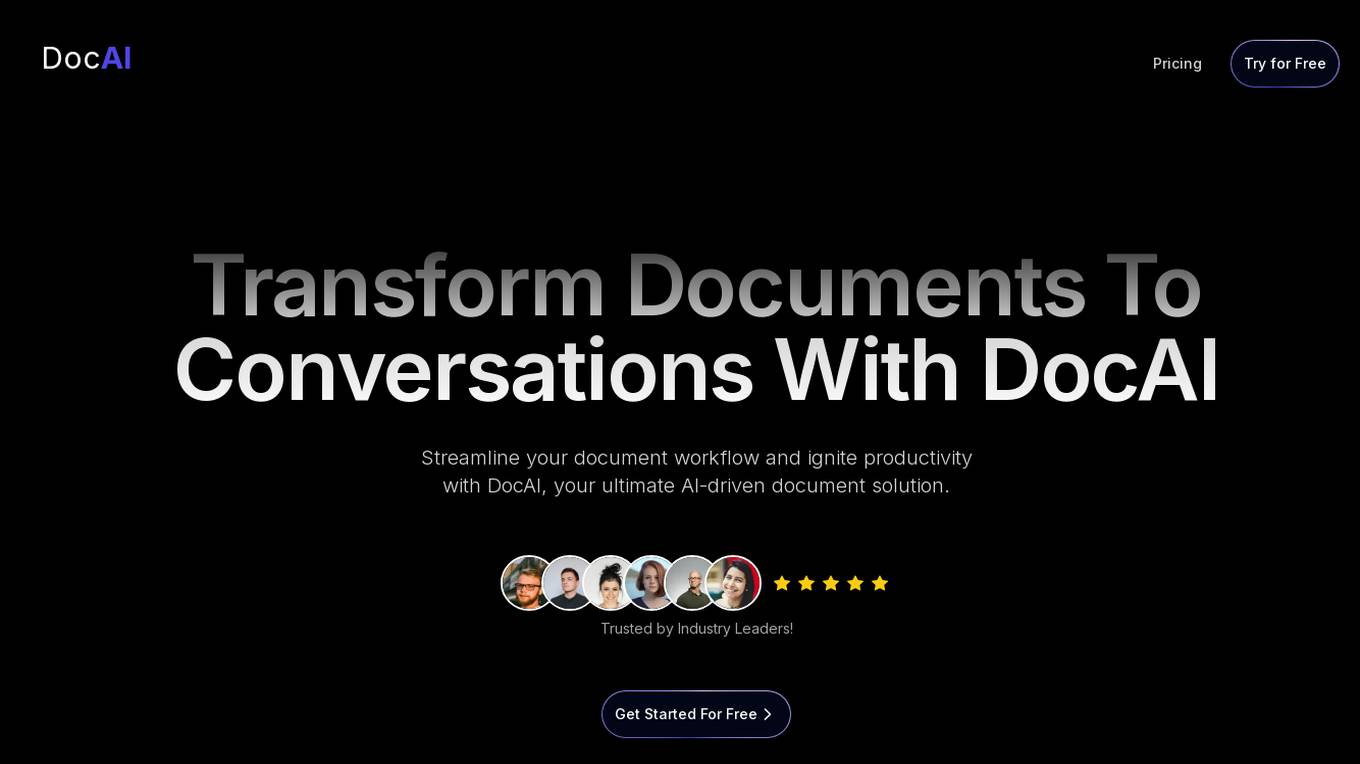
DocAI
DocAI is an AI-driven document solution that transforms documents into interactive conversations. It streamlines document workflows, enhances productivity, and offers blazing fast responses to inquiries. The platform features an intelligent chatbot, interactive PDF viewer, affordable pricing, multilingual support, and advanced AI capabilities. DocAI is trusted by industry leaders for its transformative impact on document handling and analytics.
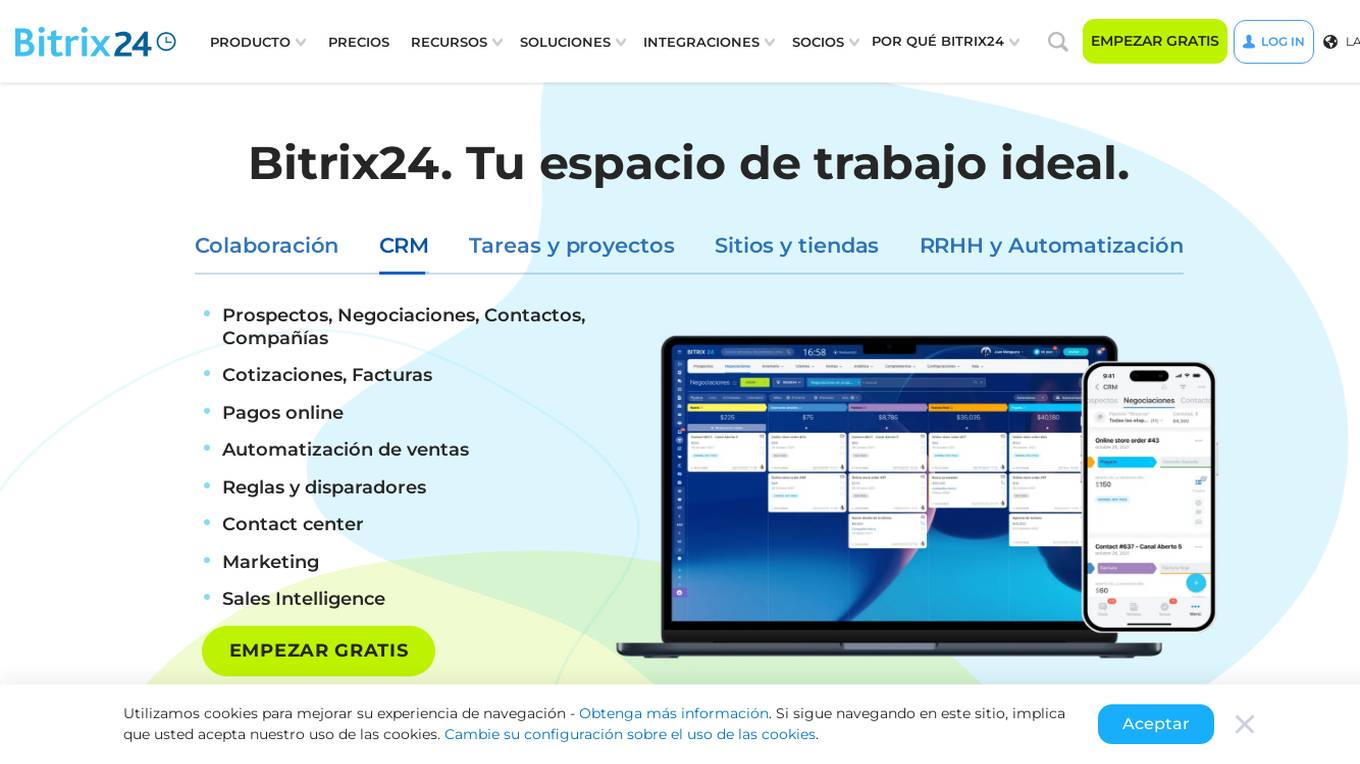
Bitrix24
Bitrix24 is an all-in-one online workspace platform that offers a wide range of tools and features for businesses, including CRM, task management, online meetings, collaboration, project management, automation, HR management, and more. It provides solutions for sales, marketing, customer service, and internal communication, all in a single platform. With features like CoPilot AI assistance, mobile apps, integrations, and customizable options, Bitrix24 aims to streamline business processes and improve productivity.
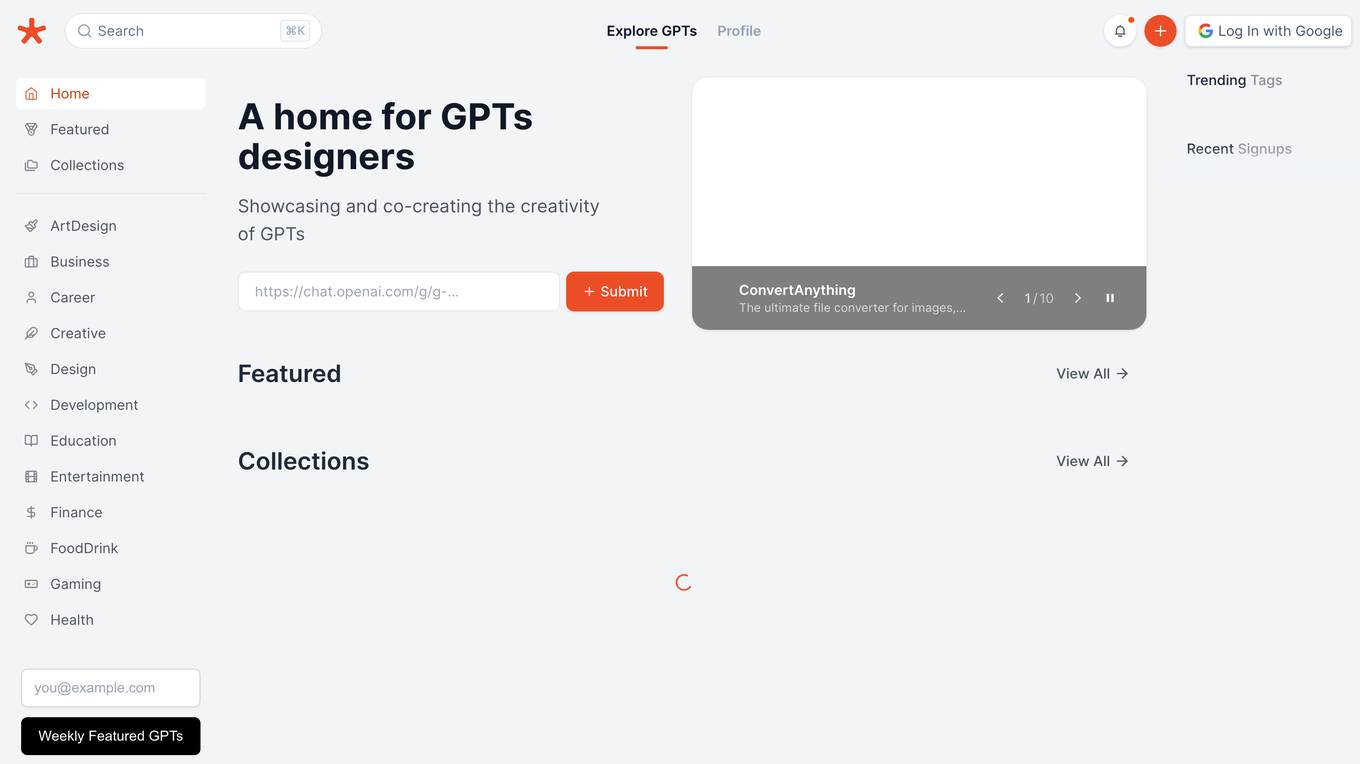
GPTs.Fan
GPTs.Fan is a comprehensive platform dedicated to GPT designers, providing a wealth of resources and support. It offers a vibrant community forum where designers can connect, share knowledge, and collaborate on projects. Additionally, GPTs.Fan features a curated collection of GPT-related tools, tutorials, and articles, empowering designers to stay up-to-date with the latest advancements in the field.
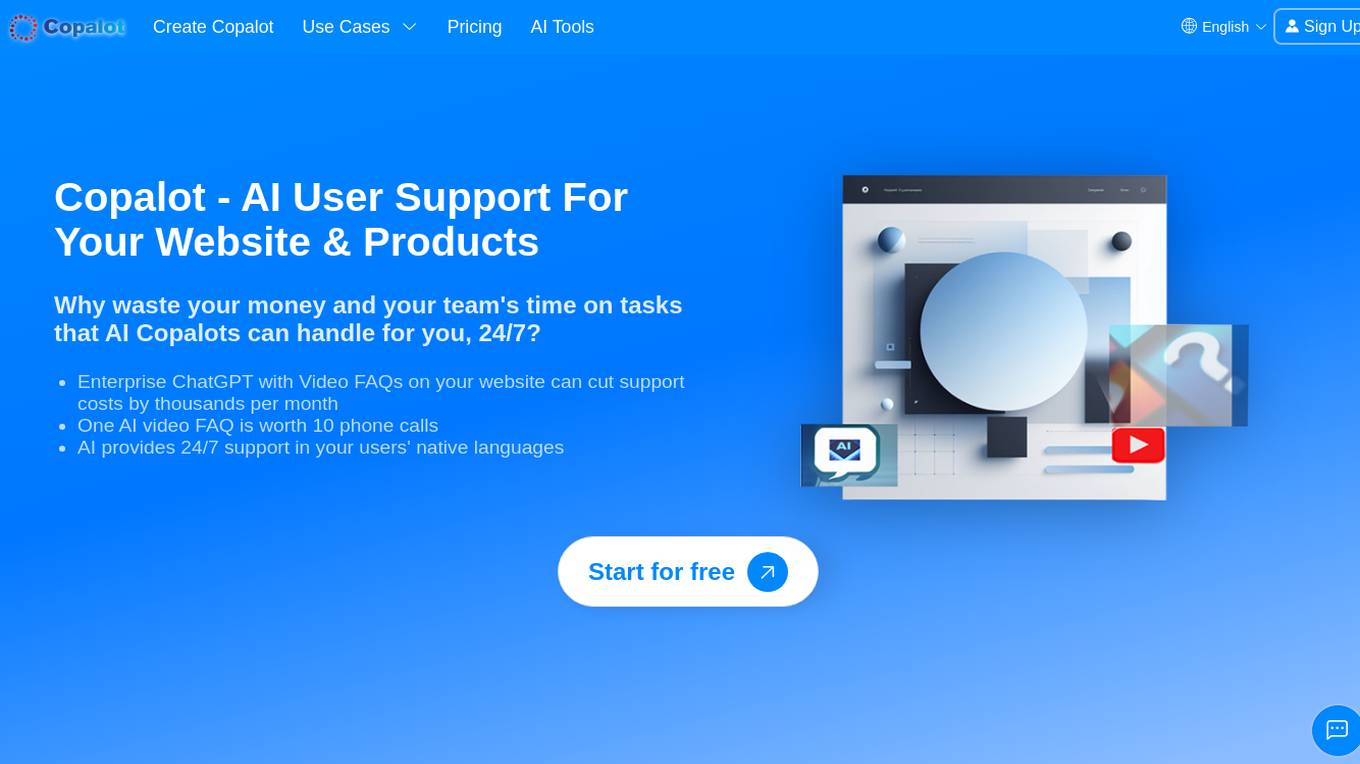
Copalot AI Copilot
Copalot is an AI copilot application designed to provide AI chat and visual video support for small businesses. It helps in reducing customer interaction and support costs by offering AI chat and video FAQ bots that can be embedded in websites or linked to products. Copalot allows users to create custom ChatGPT and FAQs based on their own content, supporting multiple file formats and webpages. The application is user-friendly and multilingual, catering to a global customer base.

Bitrix24
Bitrix24 is an all-in-one online workspace for businesses, offering tools for CRM, tasks, online meetings, and more. It provides features such as sales management, team collaboration, task and project management, online document storage, website creation, online store setup, HR and automation tools, and AI-powered assistance through CoPilot. Bitrix24 aims to streamline business operations and enhance team productivity by centralizing various business functions in one platform.
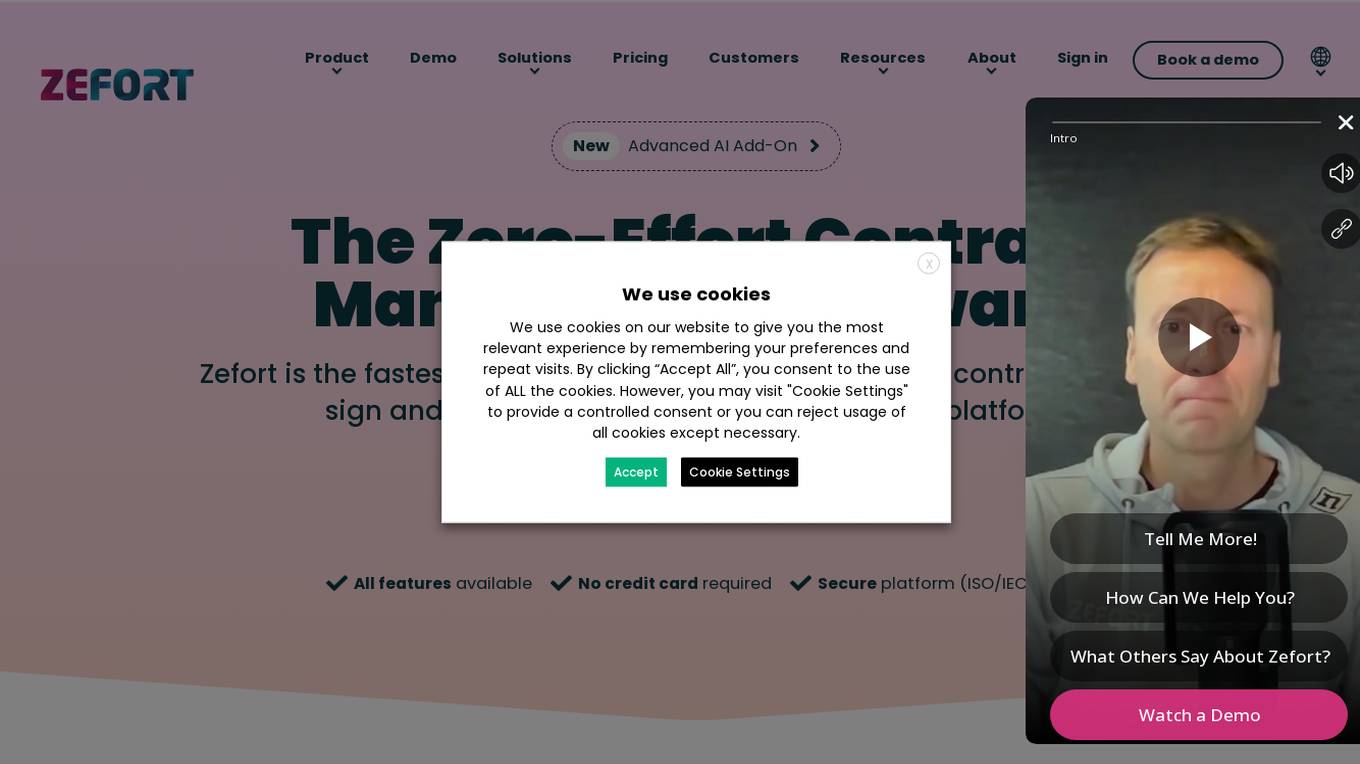
Zefort
Zefort is an AI-powered contract management solution that offers a zero-effort approach to managing contracts. It allows users to create, sign, and store contracts with ease, providing features like eSignatures, automated reminders, and secure storage. Zefort is designed to streamline contract processes for legal teams, procurement, HR teams, sales teams, and company administration. The platform integrates advanced AI technology to enhance contract management efficiency and accuracy, catering to organizations of all sizes. With bank-level security measures and a user-friendly interface, Zefort ensures a seamless contract management experience.
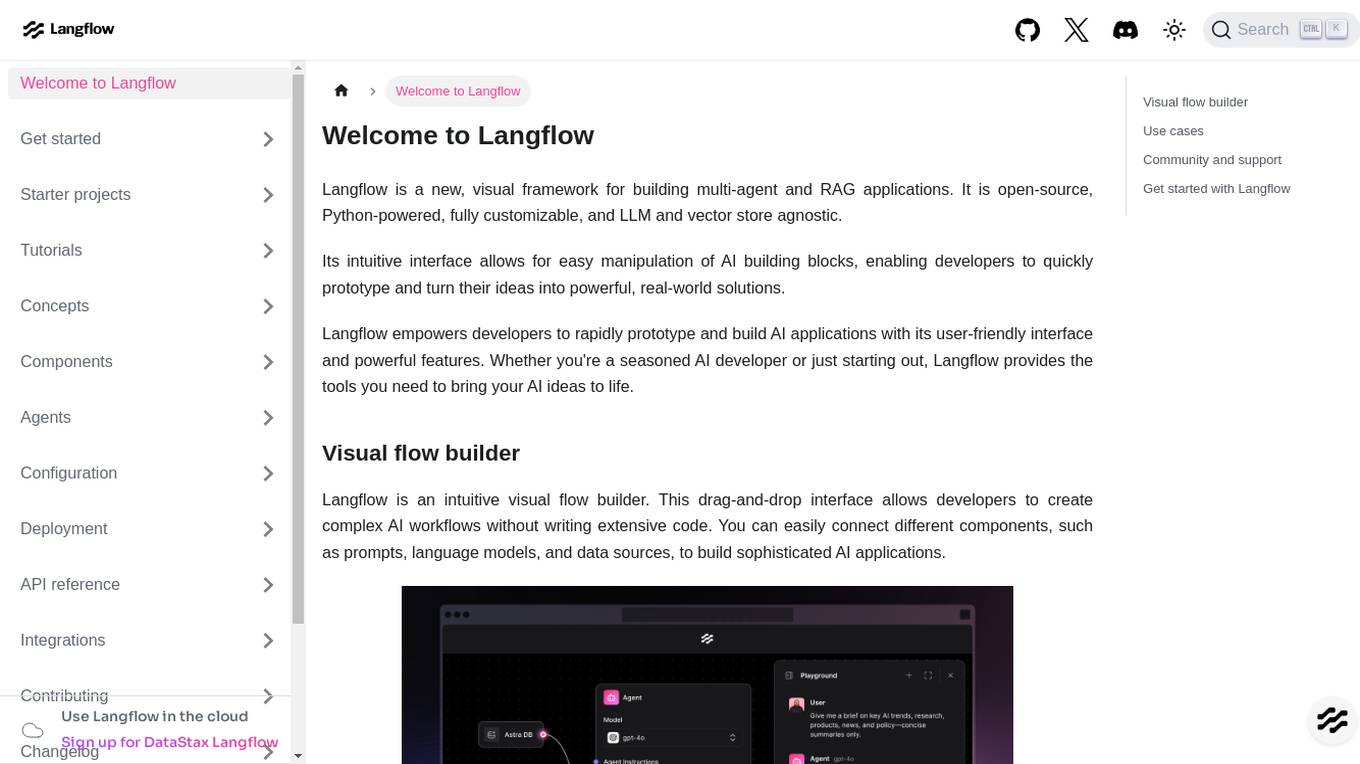
Langflow
Langflow is a new, visual framework for building multi-agent and RAG applications. It is open-source, Python-powered, fully customizable, and LLM and vector store agnostic. Langflow empowers developers to rapidly prototype and build AI applications with its user-friendly interface and powerful features. Whether you're a seasoned AI developer or just starting out, Langflow provides the tools you need to bring your AI ideas to life.
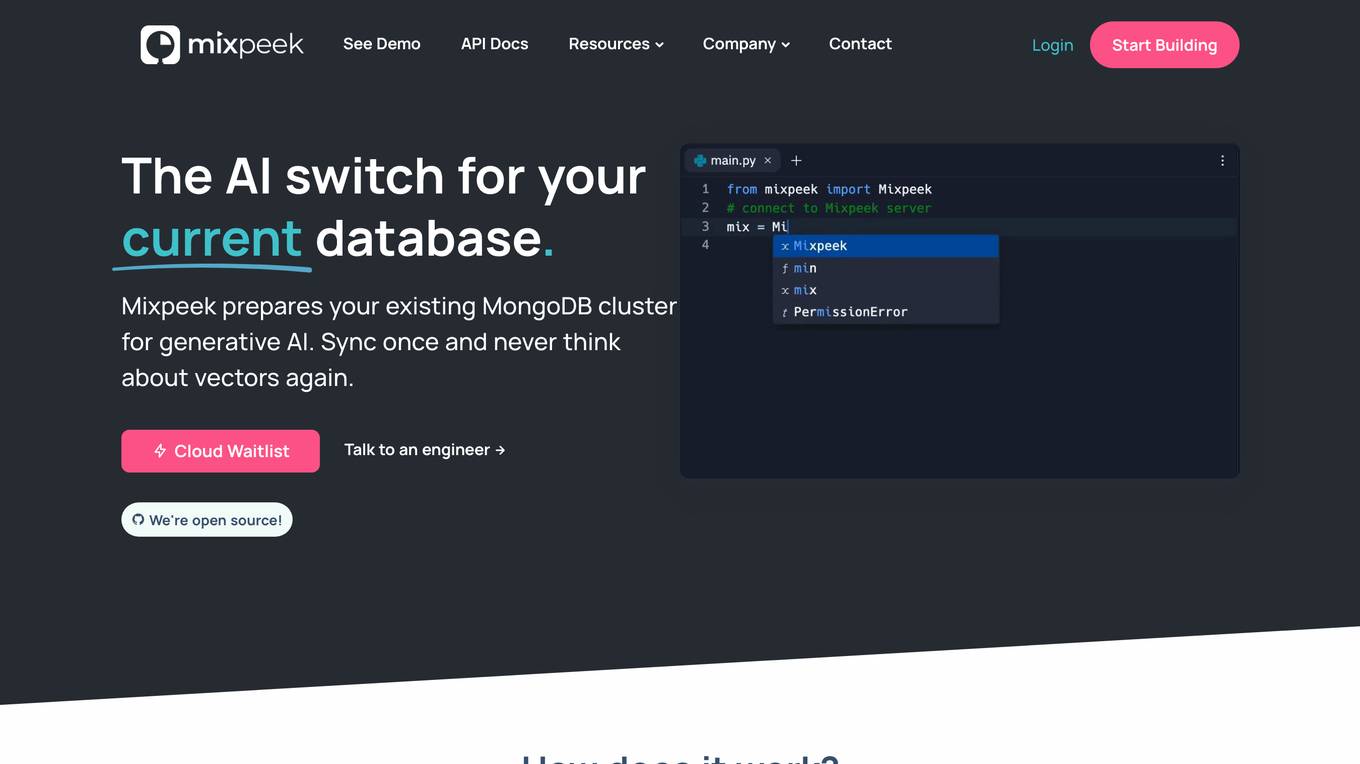
Mixpeek Solutions
Mixpeek Solutions offers a Multimodal Data Warehouse for Developers, providing a Developer-First API for AI-native Content Understanding. The platform allows users to search, monitor, classify, and cluster unstructured data like video, audio, images, and documents. Mixpeek Solutions offers a range of features including Unified Search, Automated Classification, Unsupervised Clustering, Feature Extractors for Every Data Type, and various specialized extraction models for different data types. The platform caters to a wide range of industries and provides seamless model upgrades, cross-model compatibility, A/B testing infrastructure, and simplified model management.
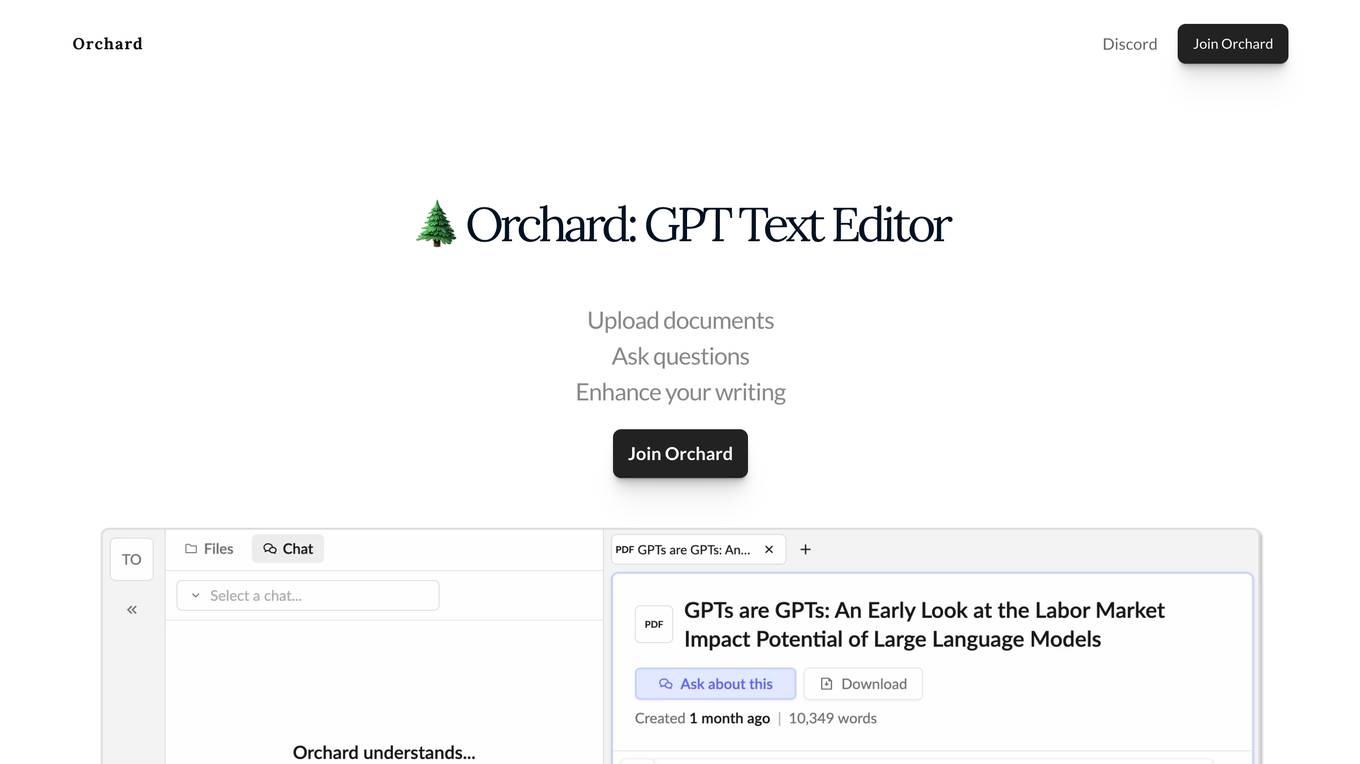
GoDaddy
The website www.godaddy.com is a domain registrar and web hosting company. It allows users to search for and purchase domain names, build websites, and host them online. GoDaddy offers a variety of services including domain registration, website building tools, hosting plans, and online marketing solutions. With a user-friendly interface, GoDaddy caters to individuals, small businesses, and large enterprises looking to establish an online presence.
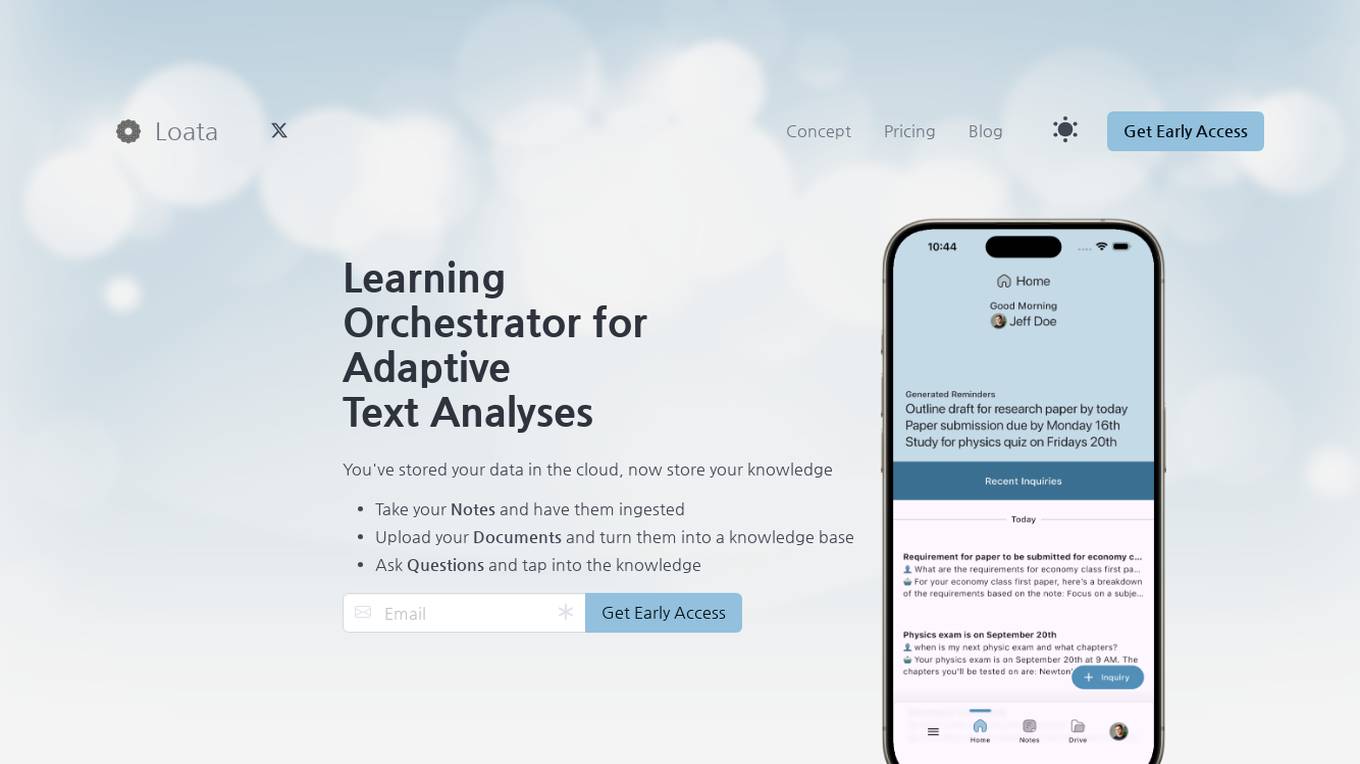
Loata
Loata is an AI-powered platform that serves as a learning orchestrator for adaptive text analyses. It allows users to store their notes and documents in the cloud, which are then ingested and transformed into knowledge bases. The platform features smart AI agents powered by LLMs to provide intelligent answers based on the content. With end-to-end encryption and controlled ingestion, Loata ensures the security and privacy of user data. Users can choose from different subscription plans to access varying levels of storage and query capacity, making it suitable for individuals and professionals alike.
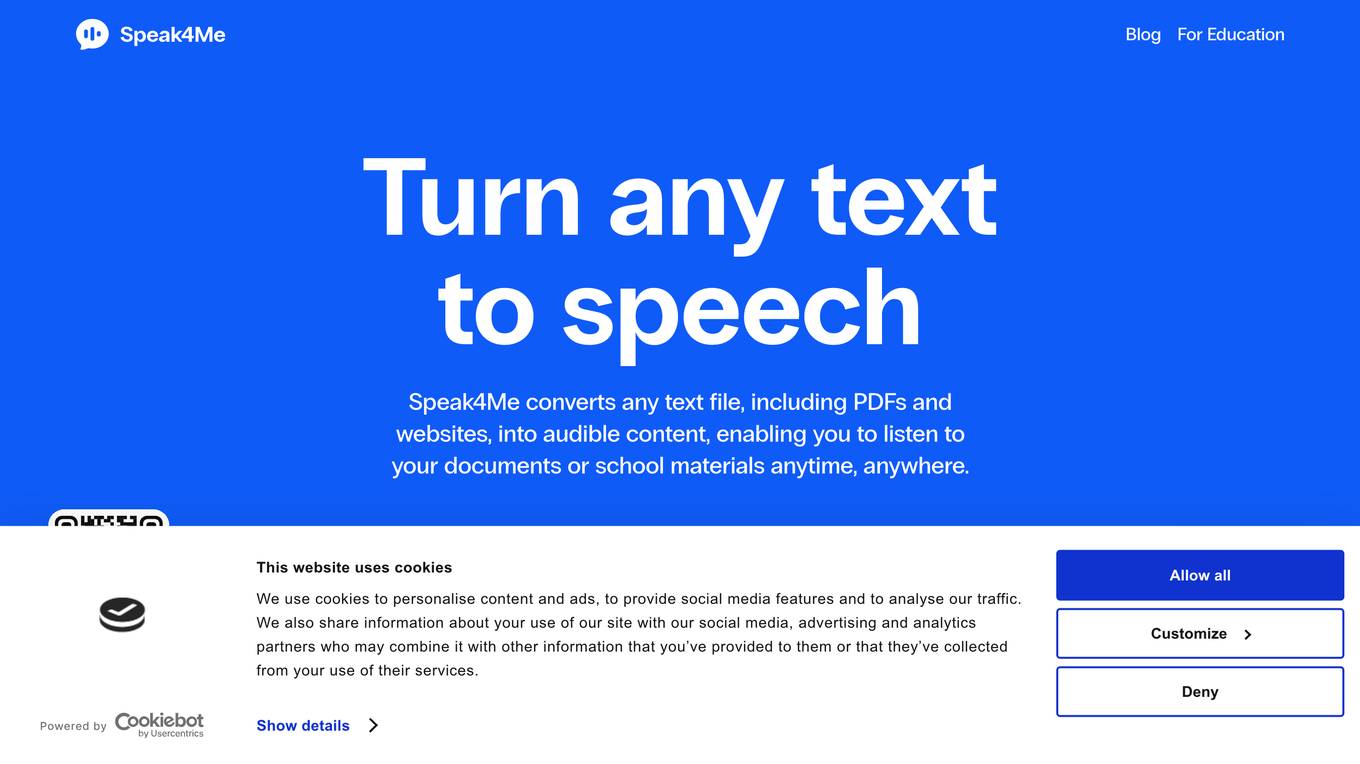
Speak4Me
Speak4Me is a text-to-speech application that converts any text file, including PDFs and websites, into audible content. It enables users to listen to their documents or school materials anytime, anywhere. With features like scanning physical or digital text, reading web pages aloud, and a new ChatWithMe function, Speak4Me aims to enhance reading experiences and improve focus for individuals with reading issues. The application is trusted by over 15,000 people on the App Store and offers a free version for schools, making education more accessible for everyone.

Google Drive
Google Drive is a cloud-based storage and file-sharing service that allows users to store, share, and collaborate on files from any device. It is part of the Google Workspace suite of productivity tools, which also includes Gmail, Docs, Sheets, and Slides. Drive is designed to be easy to use and secure, and it offers a variety of features that make it a valuable tool for businesses and individuals alike.
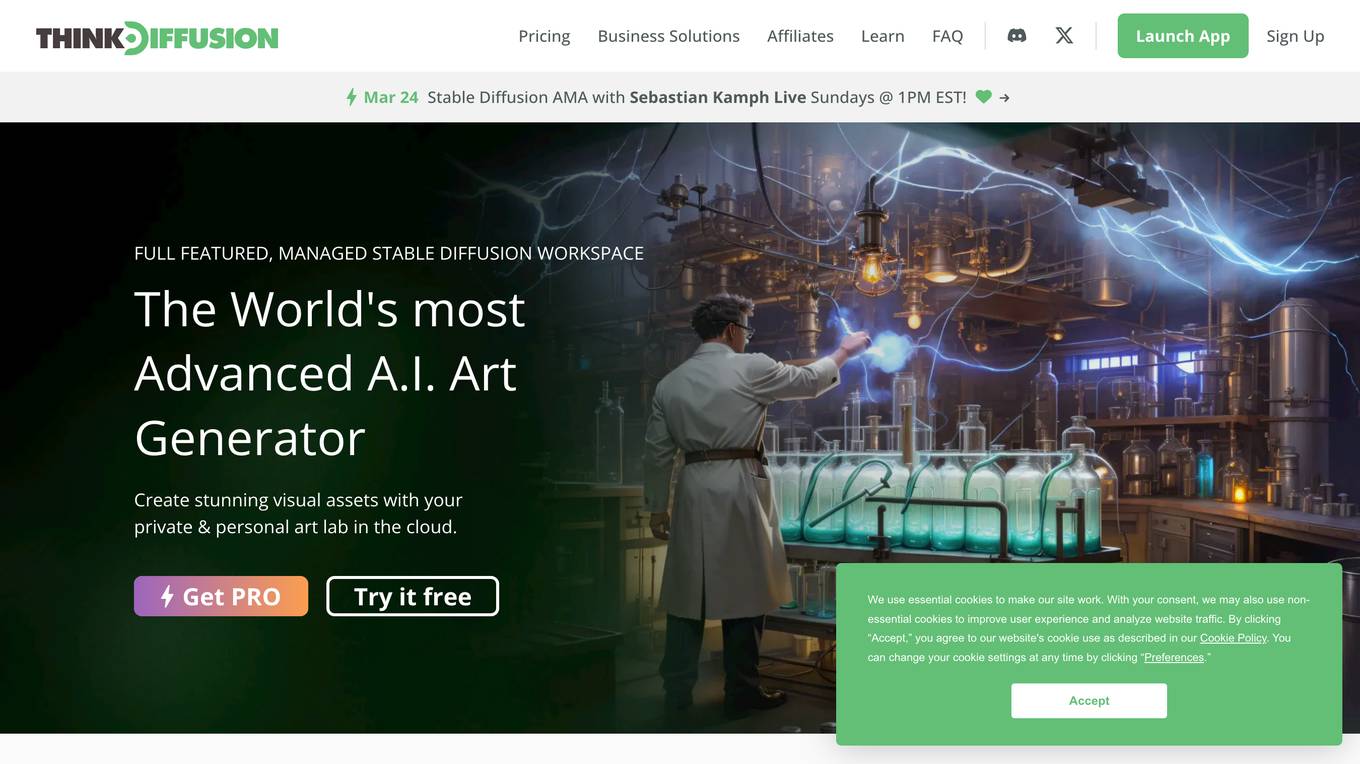
ThinkDiffusion
ThinkDiffusion is a cloud-based platform that offers stable diffusion services. It provides businesses and educational institutions with a reliable solution for managing and sharing information. With ThinkDiffusion, users can easily create, store, and distribute content in a secure and efficient manner. The platform is designed to streamline collaboration and enhance productivity by facilitating seamless communication and data sharing.
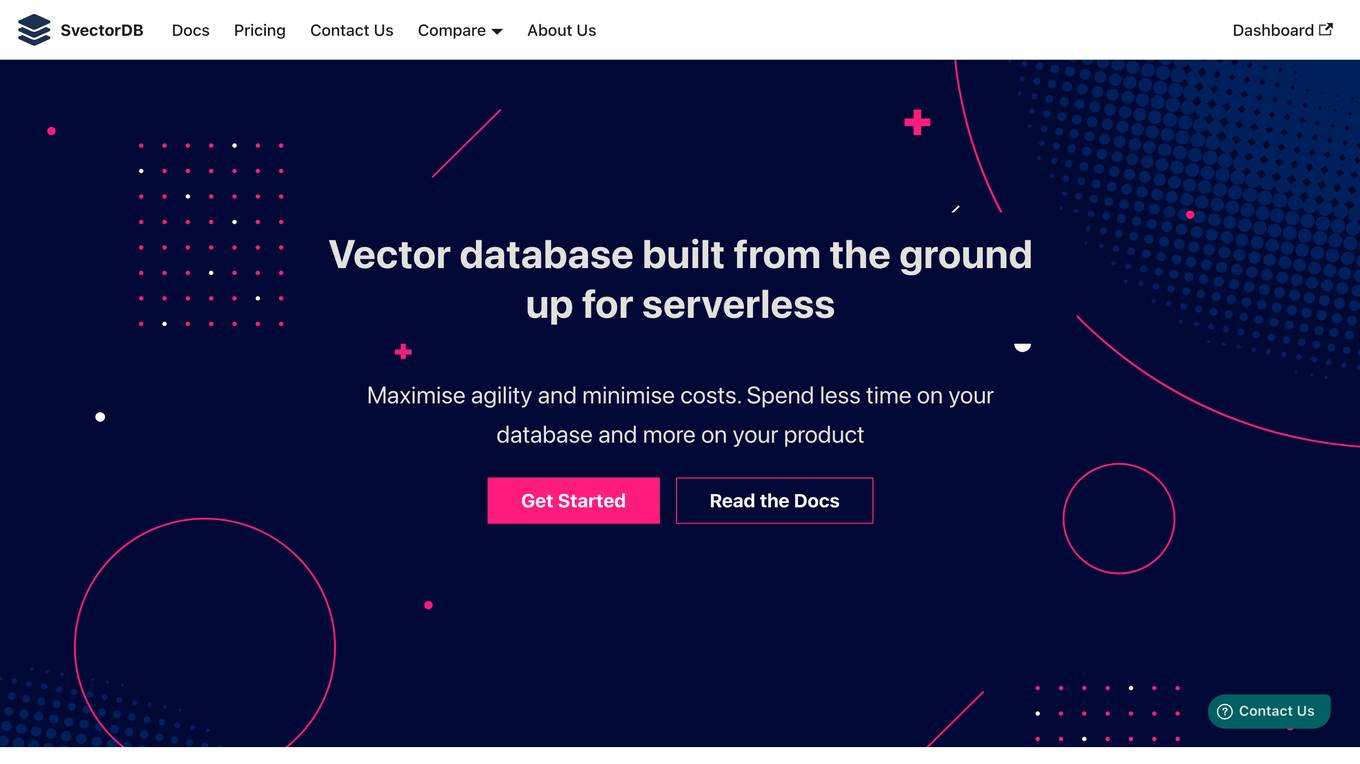
SvectorDB
SvectorDB is a vector database built from the ground up for serverless applications. It is designed to be highly scalable, performant, and easy to use. SvectorDB can be used for a variety of applications, including recommendation engines, document search, and image search.
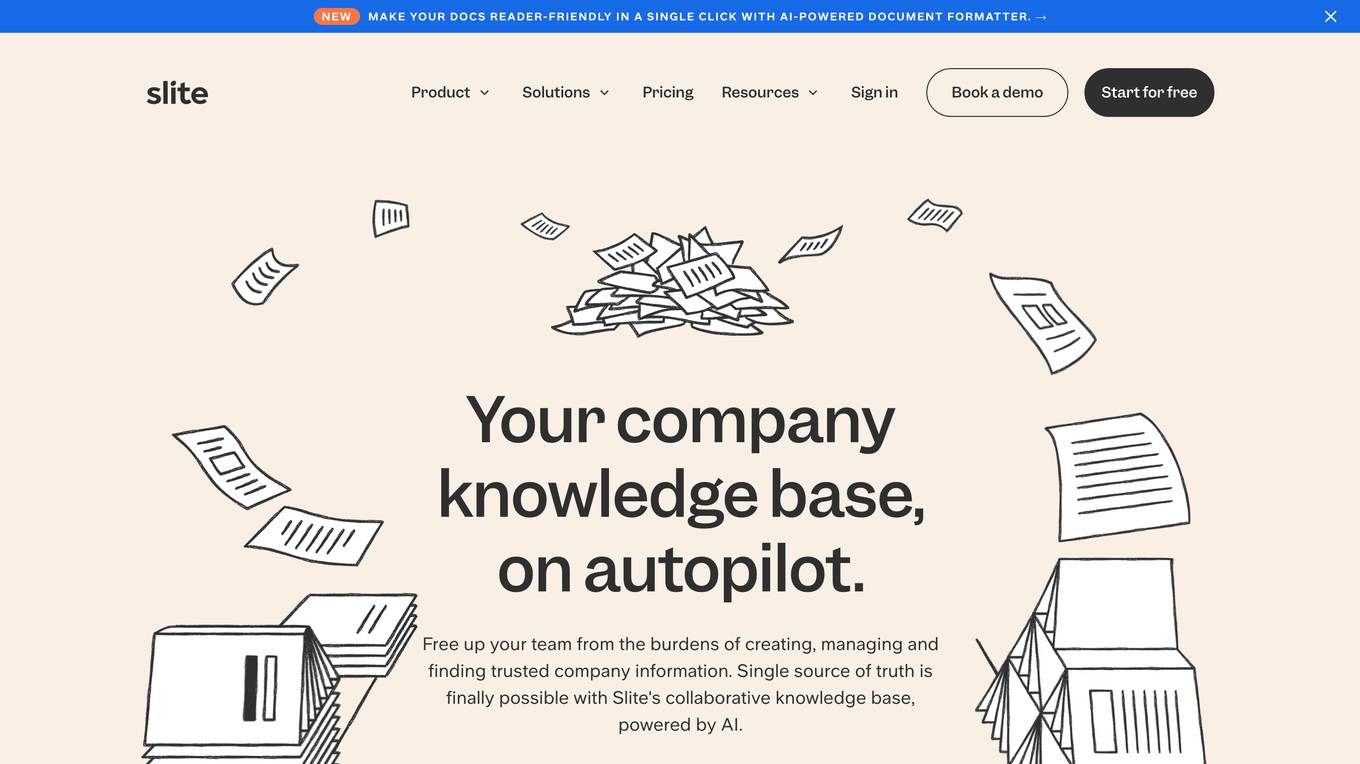
Slite
Slite is an AI-powered knowledge base platform that offers a secure and efficient way to store, organize, and access information. It enables users to create, share, and collaborate on documents, templates, and integrations seamlessly. Slite's AI capabilities enhance user experience by providing automated suggestions, knowledge verification, and AI-powered search functionalities. The platform caters to various industries and departments, including IT & Operations, Product & Engineering, Human Resources, and Customer Support, offering solutions for knowledge management, documentation, and team collaboration.
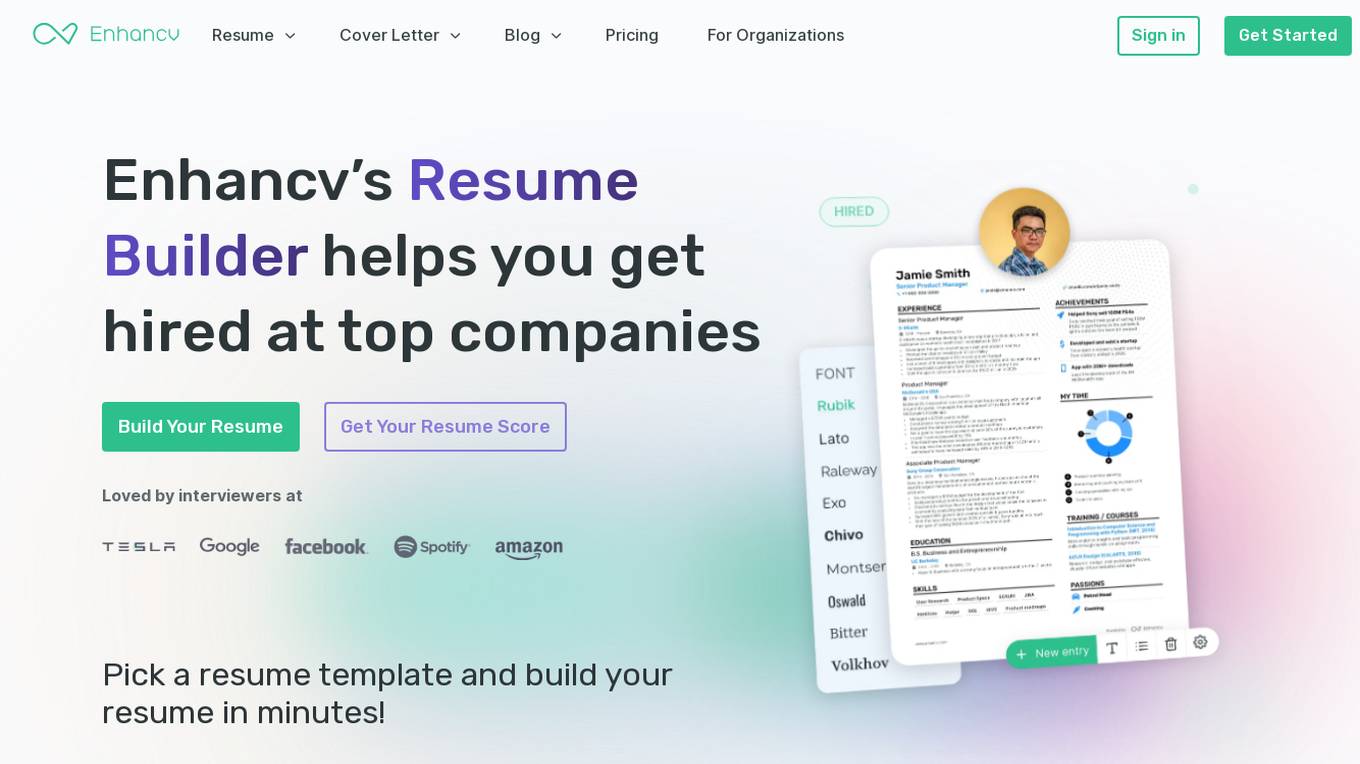
Enhancv
Enhancv is an AI-powered online resume builder that helps users create professional resumes and cover letters tailored to their job applications. The tool offers a drag-and-drop resume builder with a variety of modern templates, a resume checker that evaluates resumes for ATS-friendliness, and provides actionable suggestions. Enhancv also provides resume and CV examples written by experienced professionals, a resume tailoring feature, and a free resume checker. Users can download their resumes in PDF or TXT formats and store up to 30 documents in cloud storage.
0 - Open Source AI Tools
20 - OpenAI Gpts

GPT Store
A GPT specialized in curating, documenting, and updating GPTs on Github at https://github.com/prajwalsouza/GPT-Store
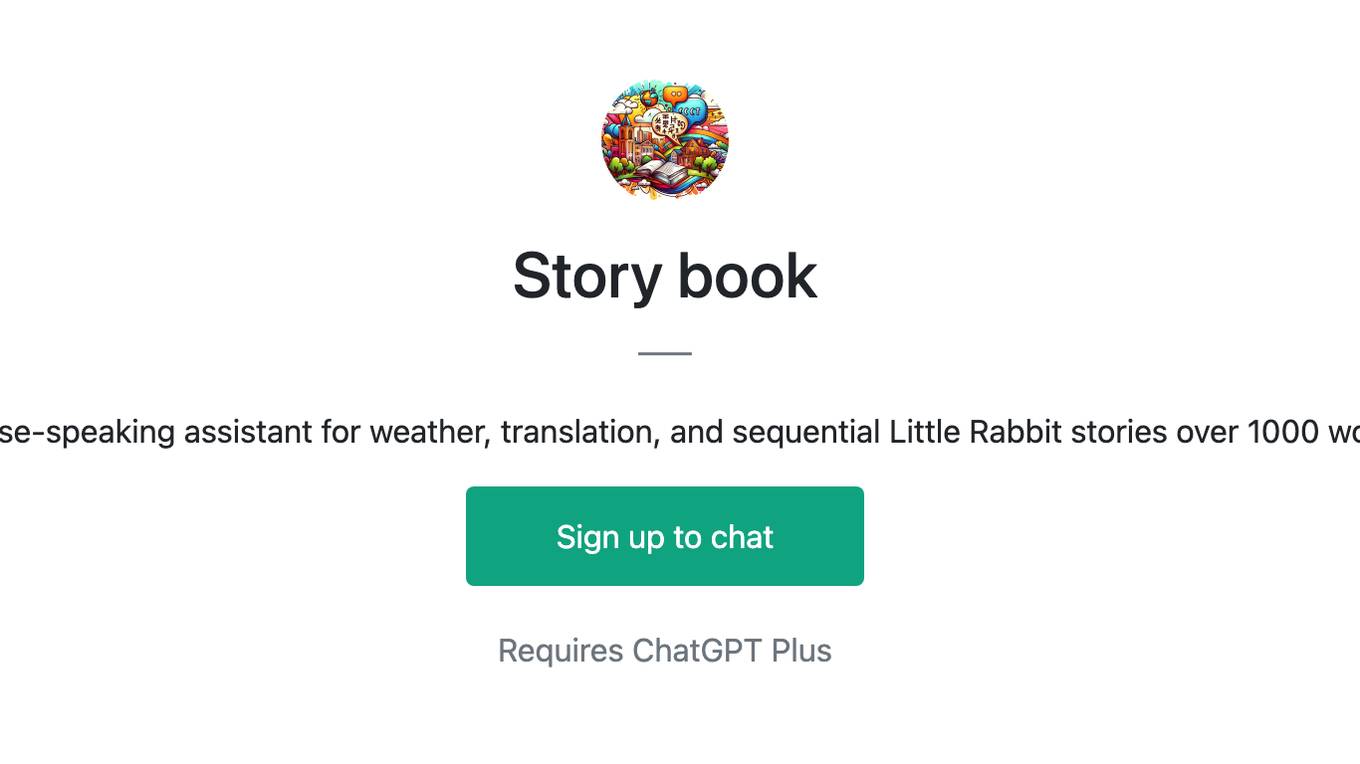
Story book
Chinese-speaking assistant for weather, translation, and sequential Little Rabbit stories over 1000 words
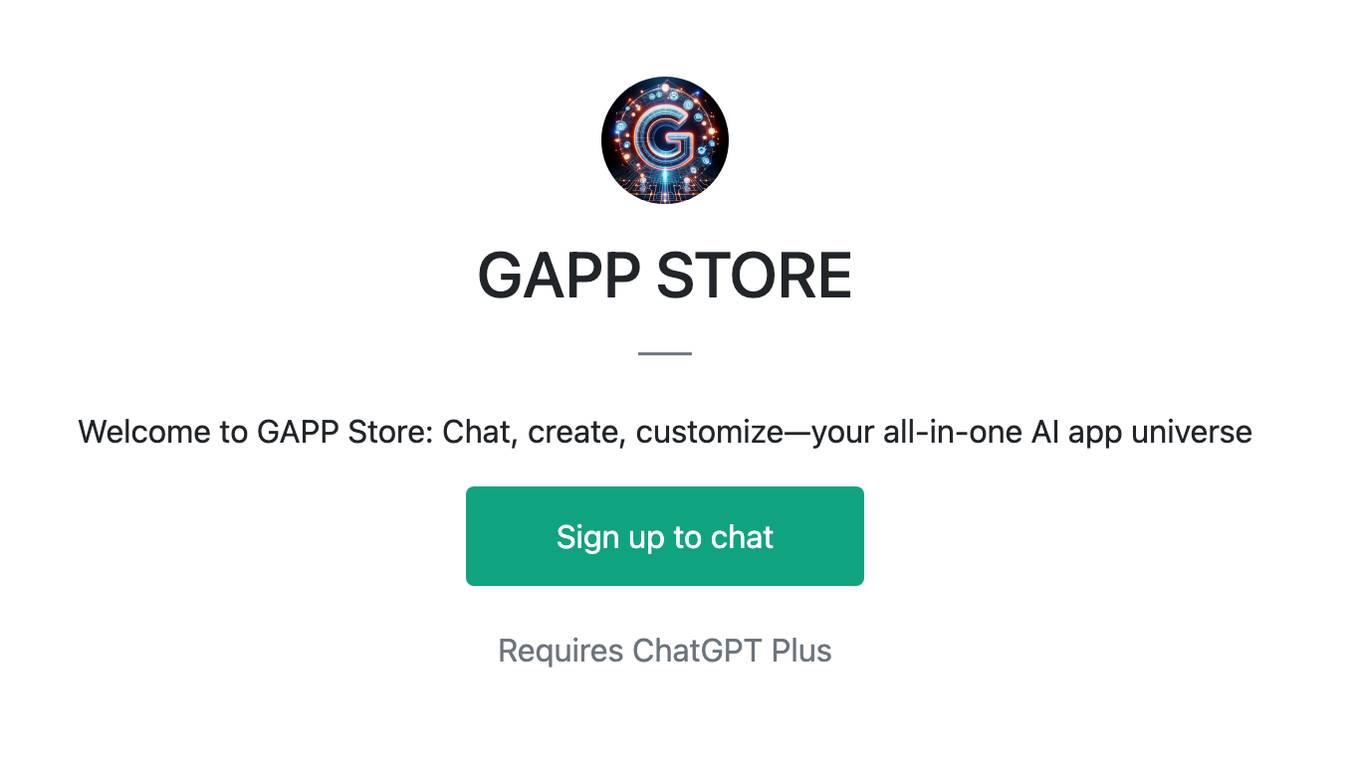
GAPP STORE
Welcome to GAPP Store: Chat, create, customize—your all-in-one AI app universe
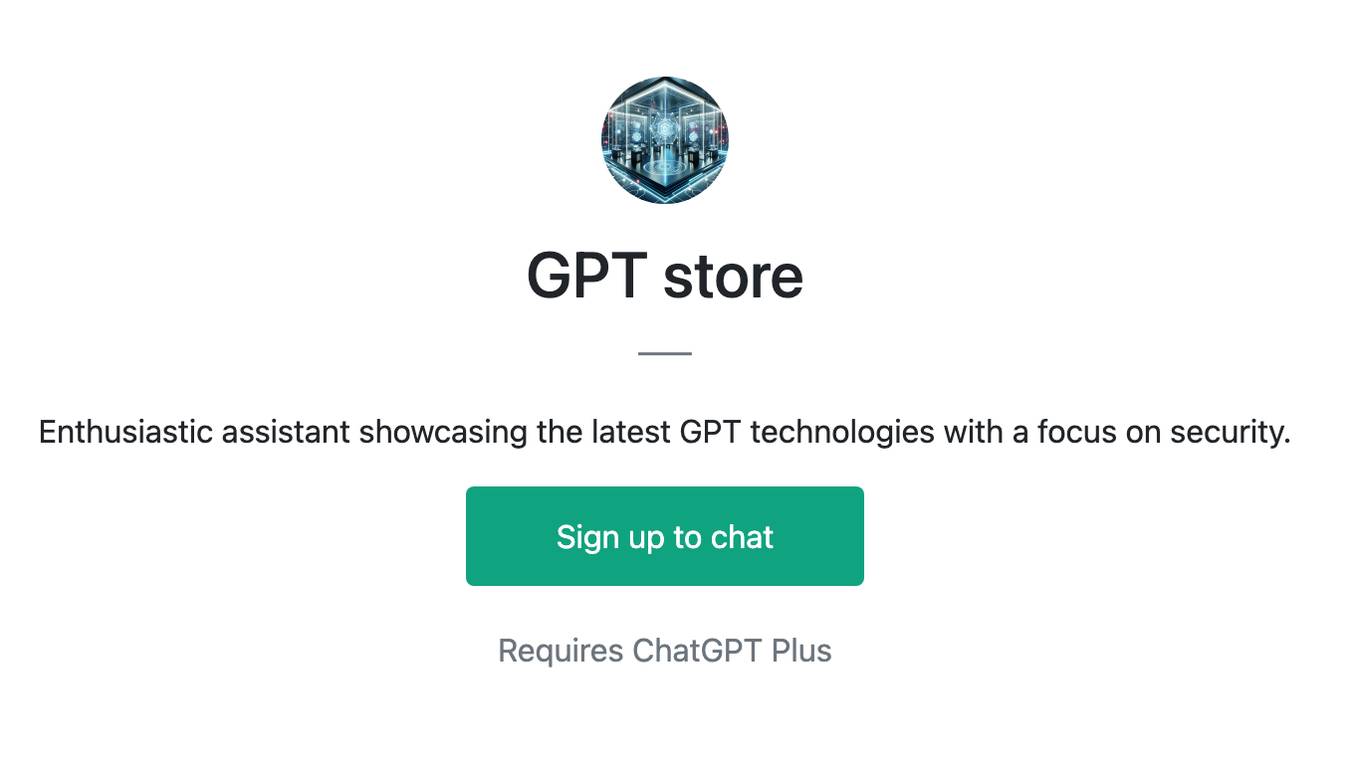
GPT store
Enthusiastic assistant showcasing the latest GPT technologies with a focus on security.
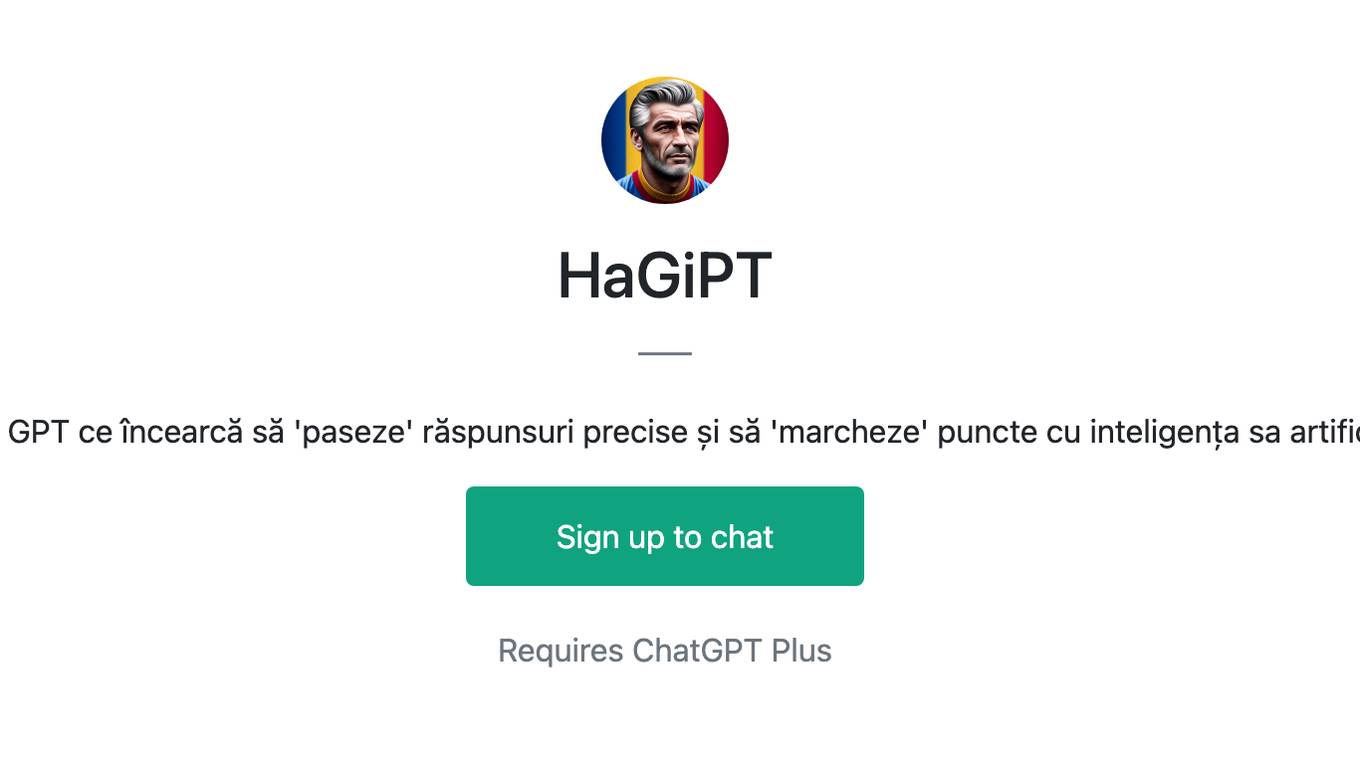
HaGiPT
Regele GPT ce încearcă să 'paseze' răspunsuri precise și să 'marcheze' puncte cu inteligența sa artificială.
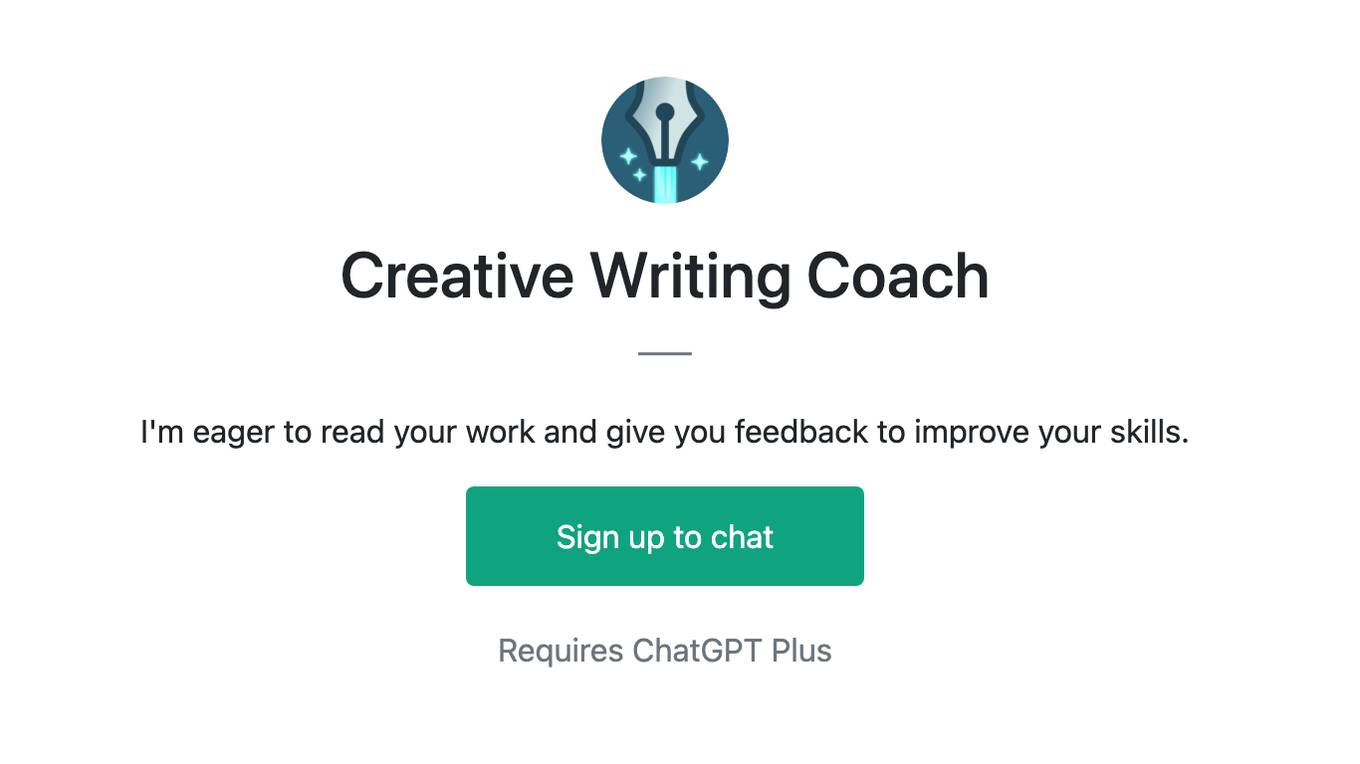
Creative Writing Coach
I'm eager to read your work and give you feedback to improve your skills.
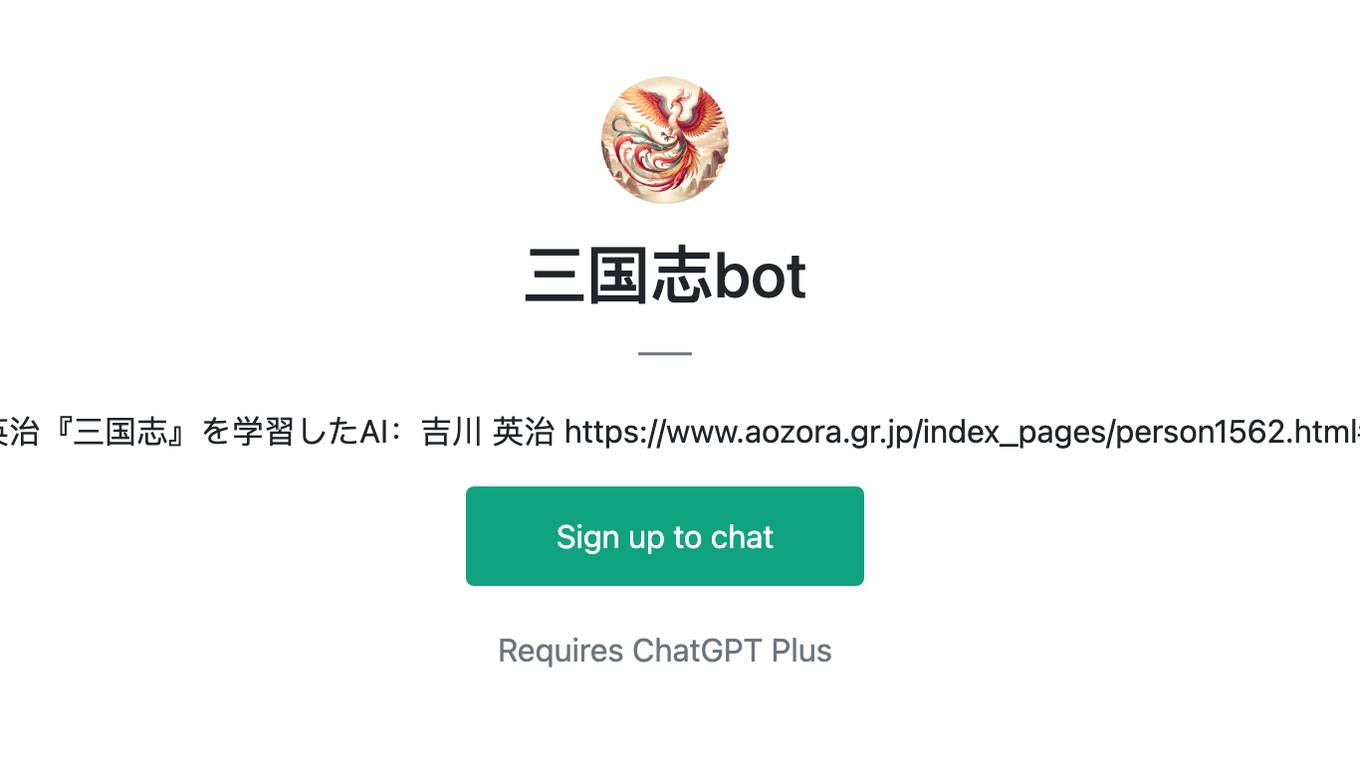
三国志bot
青空文庫の吉川英治『三国志』を学習したAI:吉川 英治 https://www.aozora.gr.jp/index_pages/person1562.html#sakuhin_list_1
